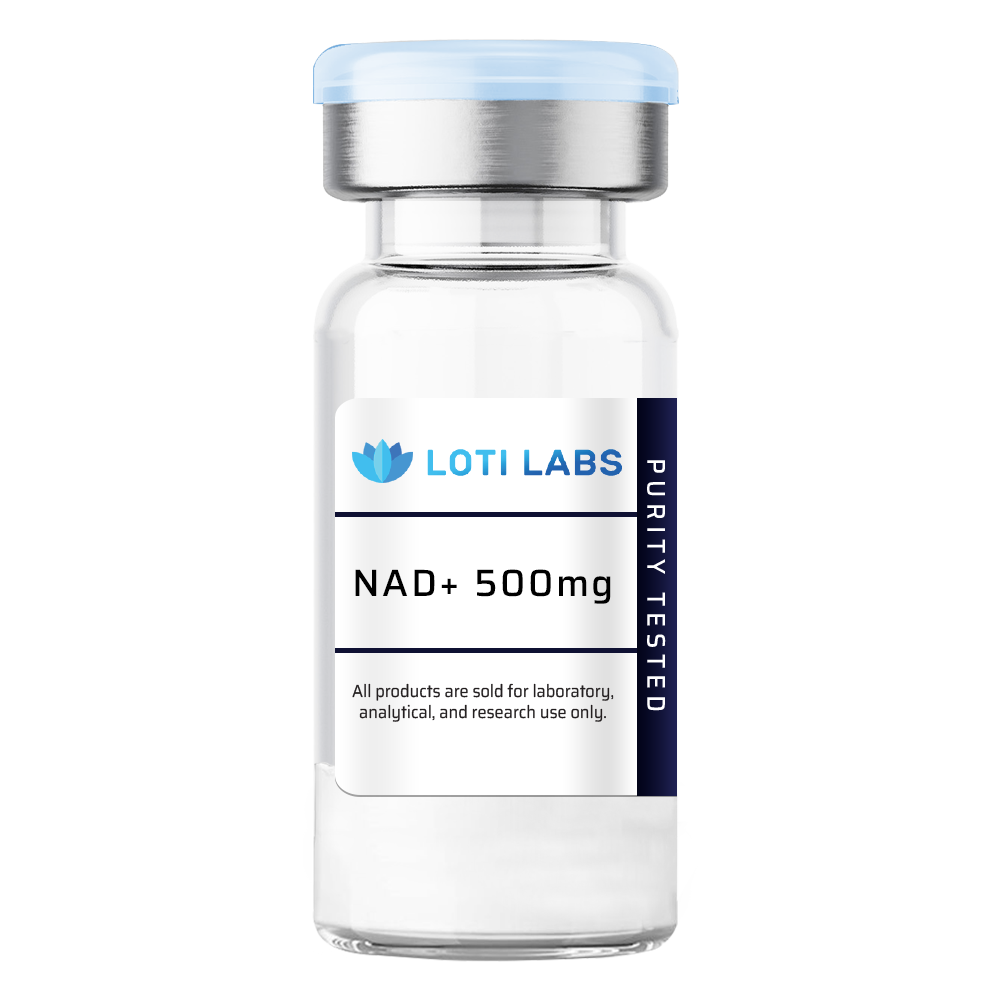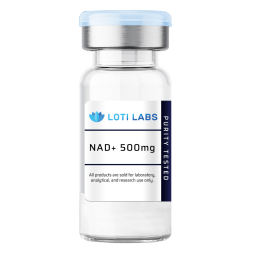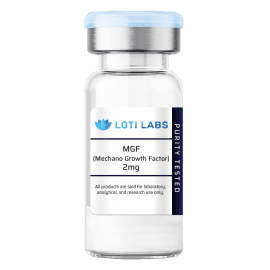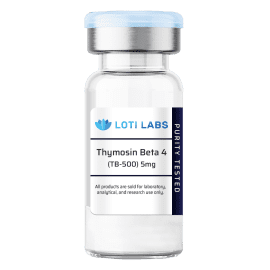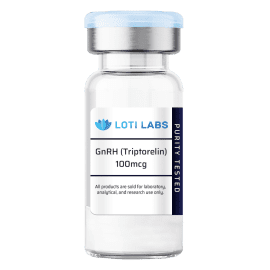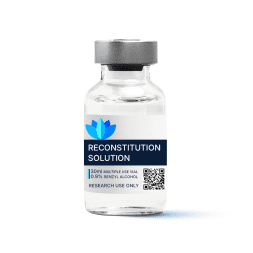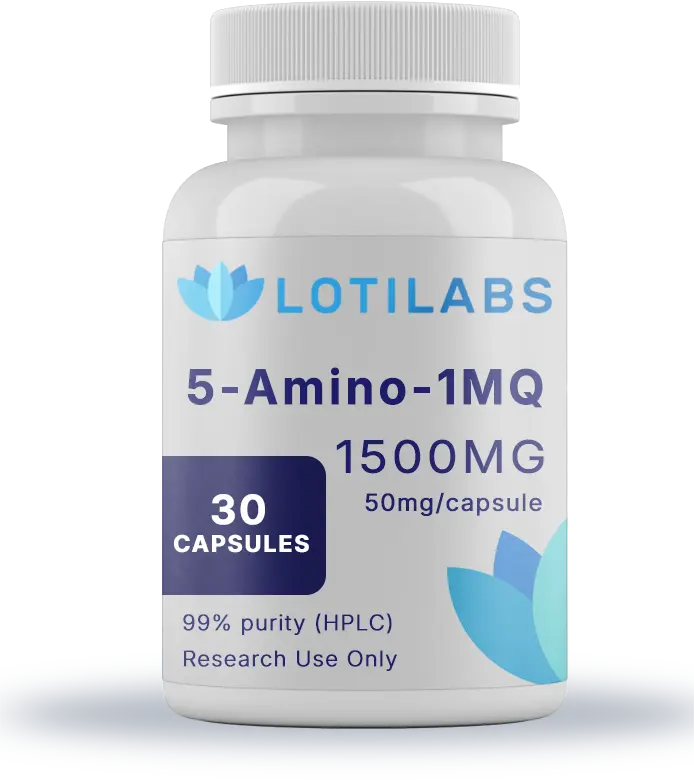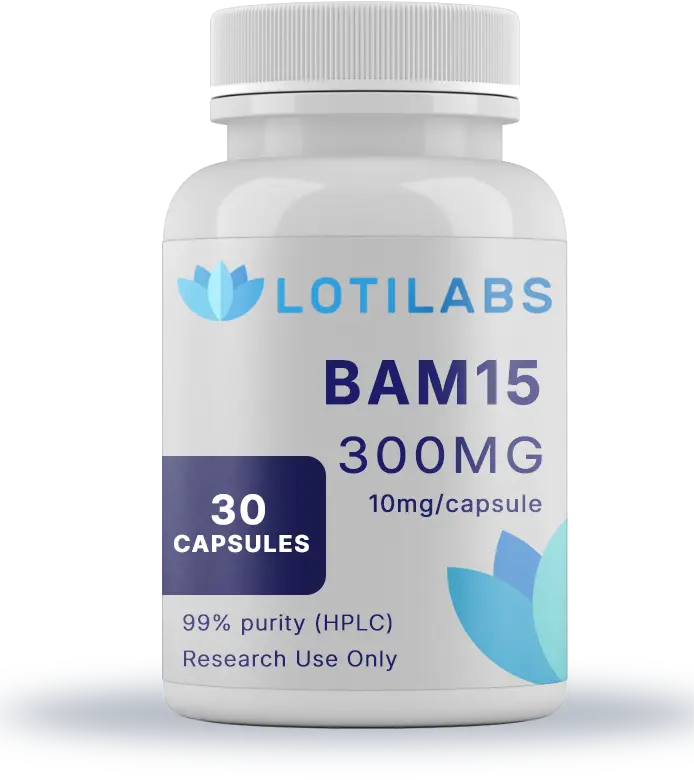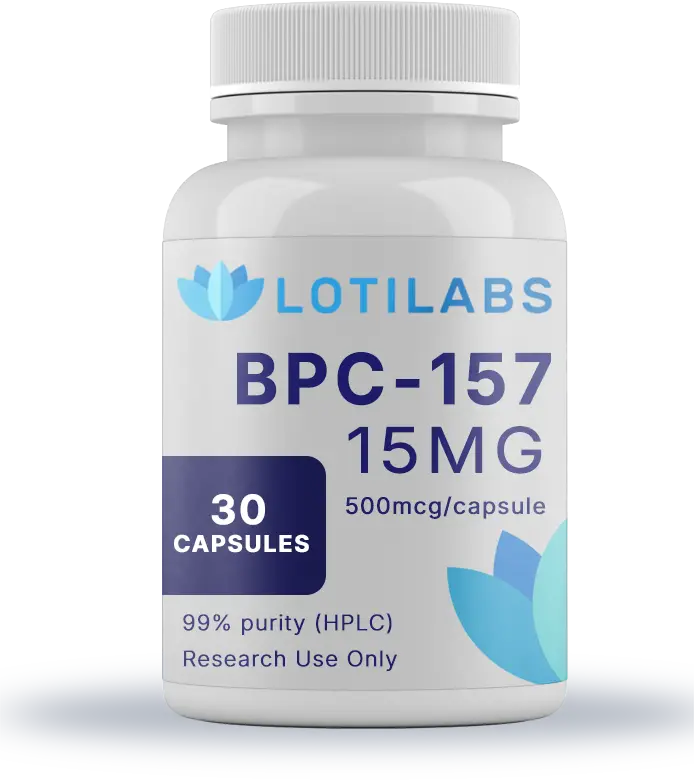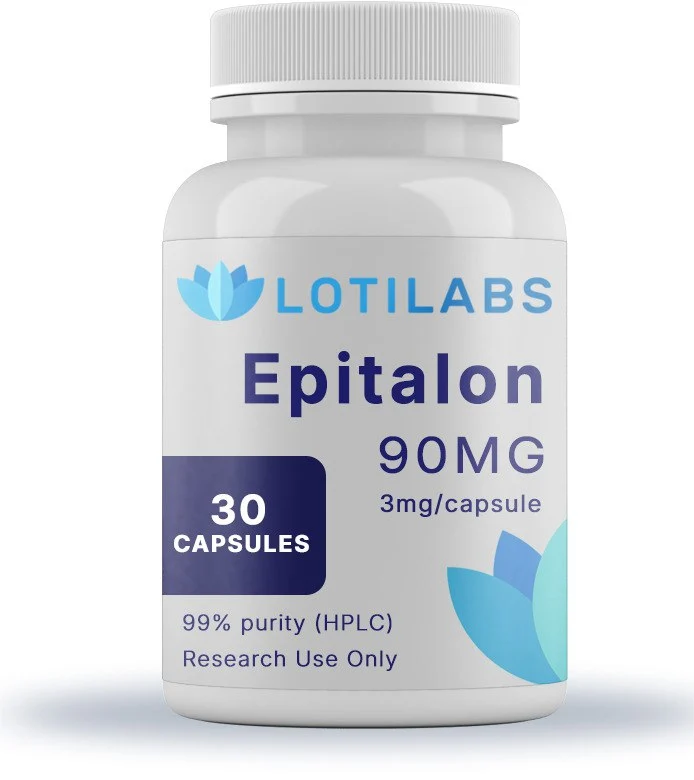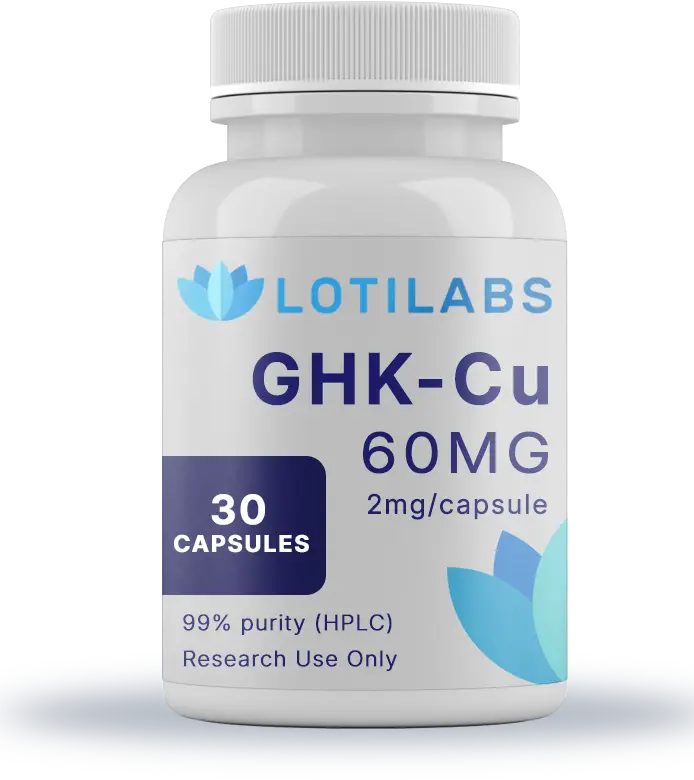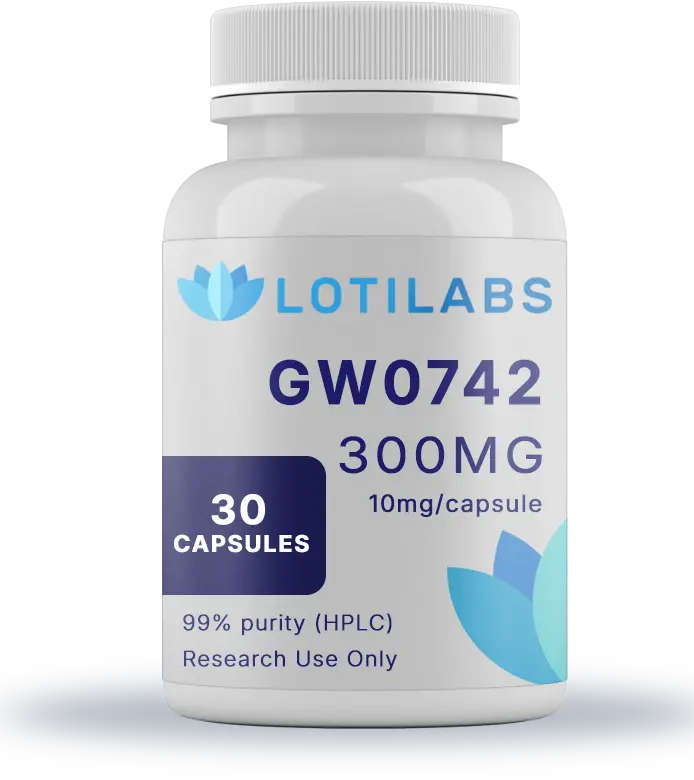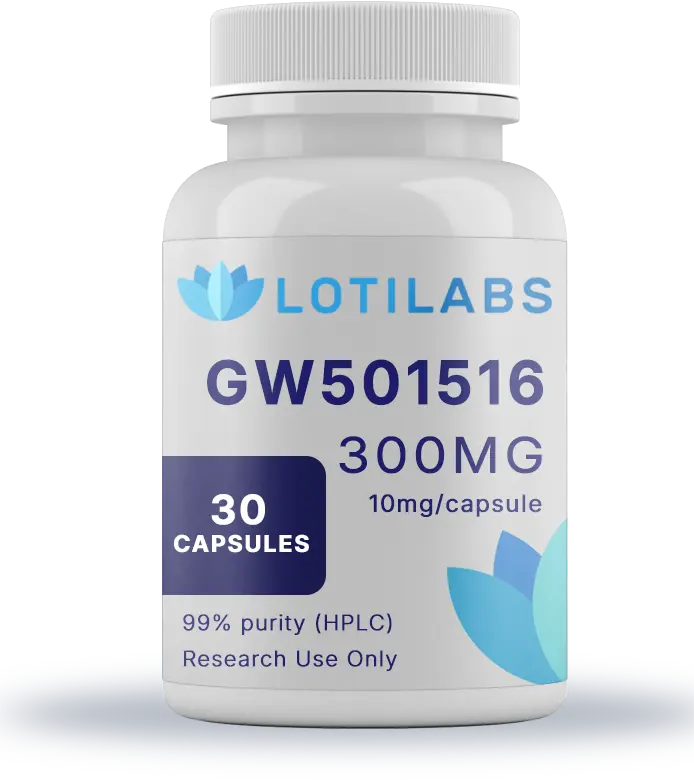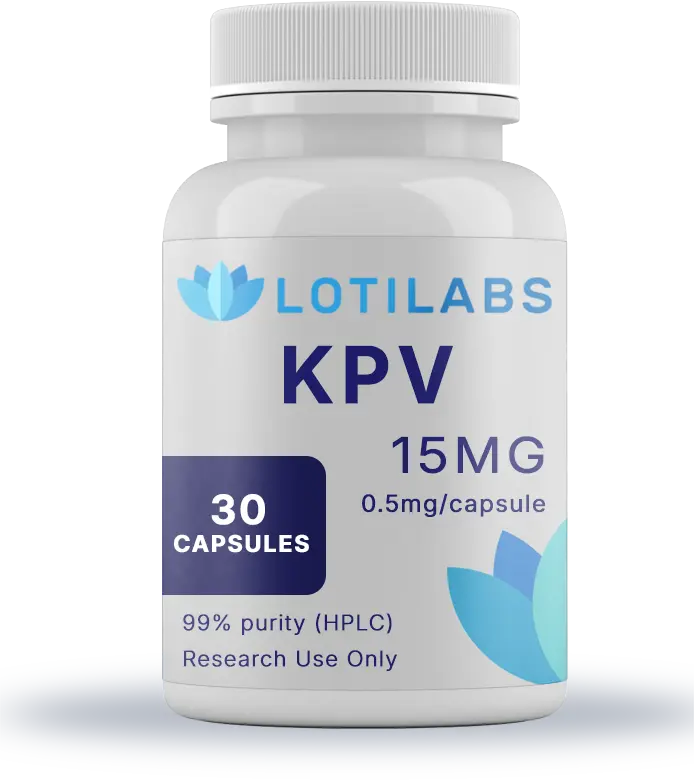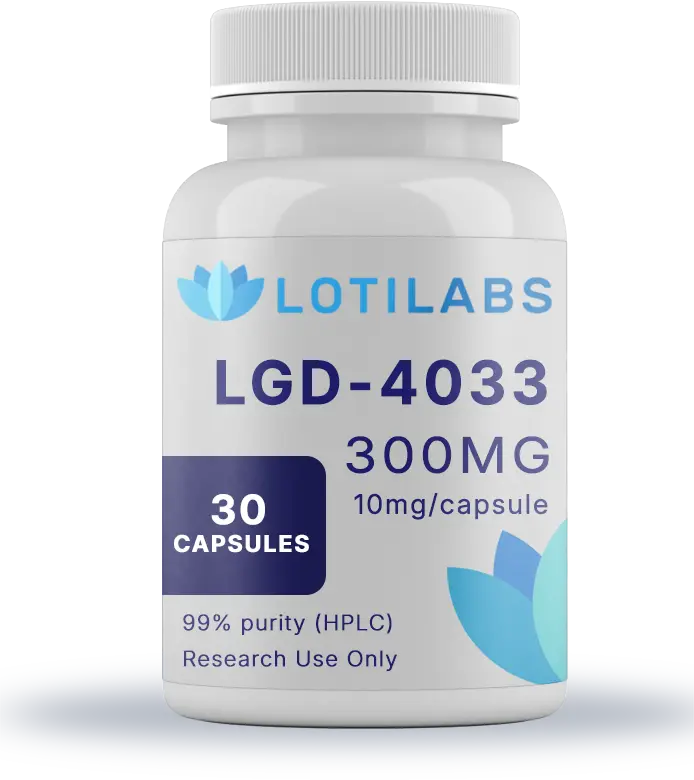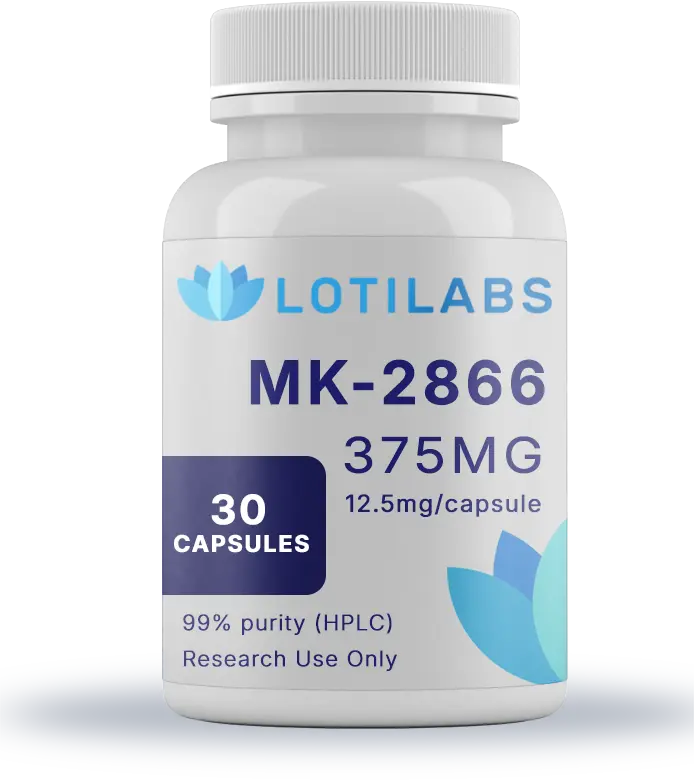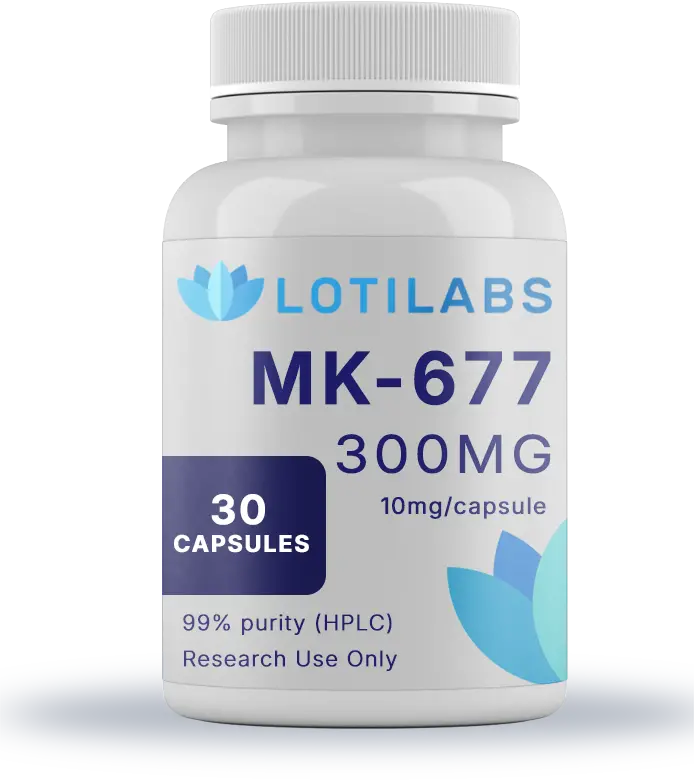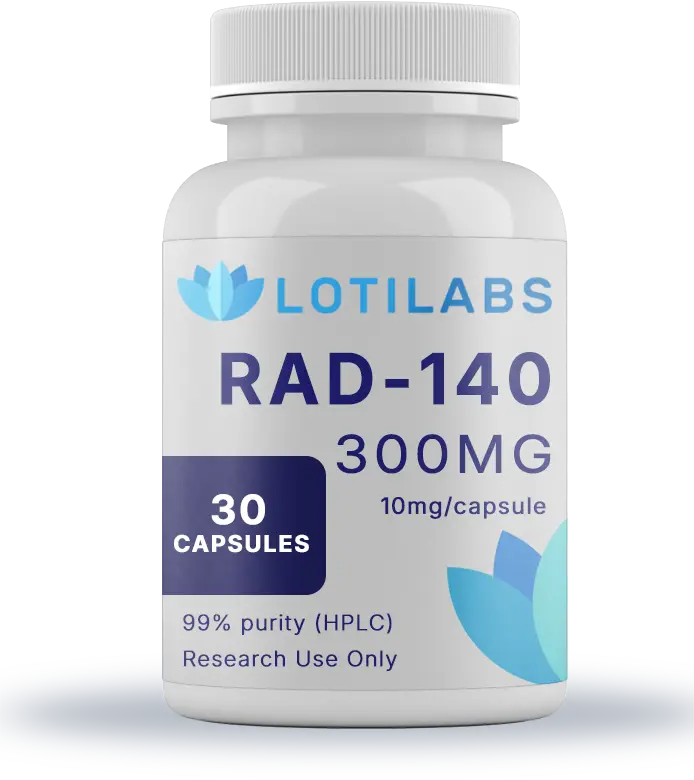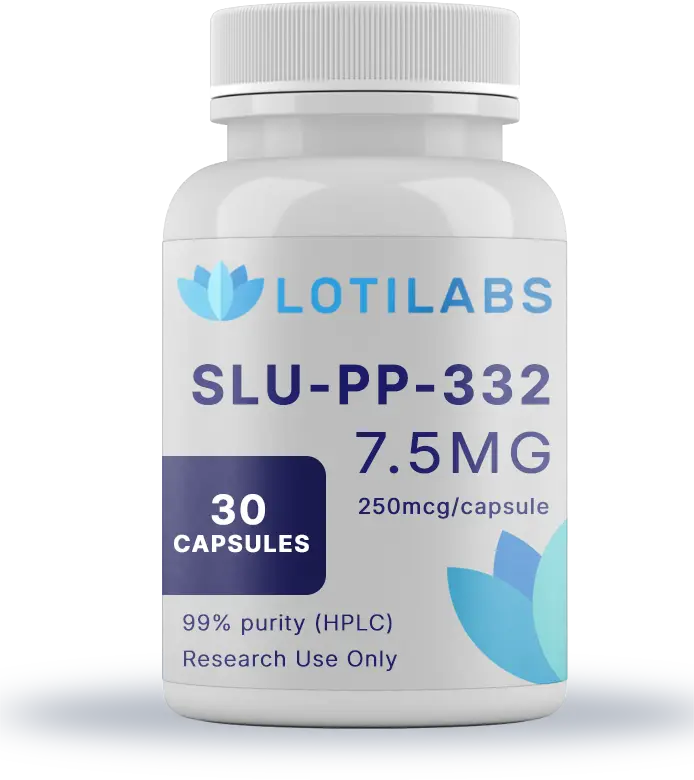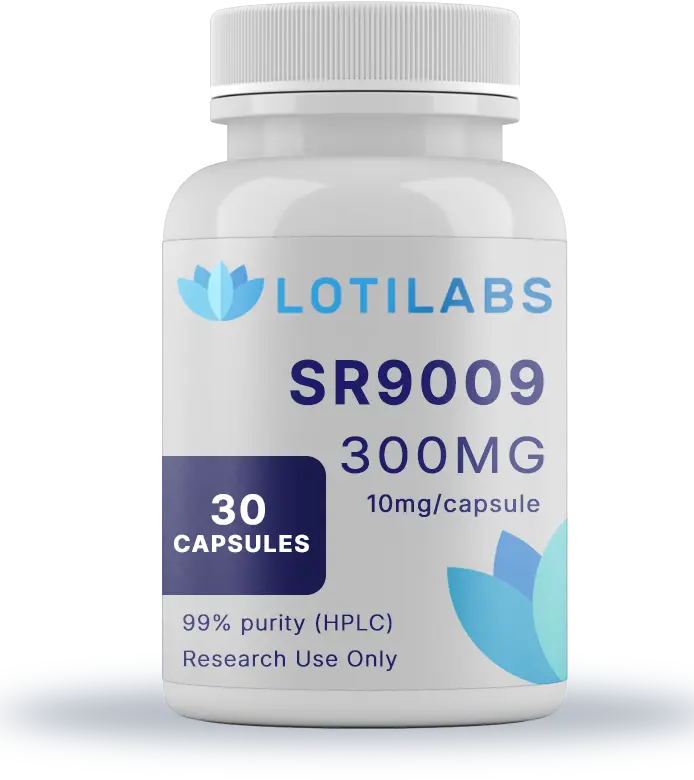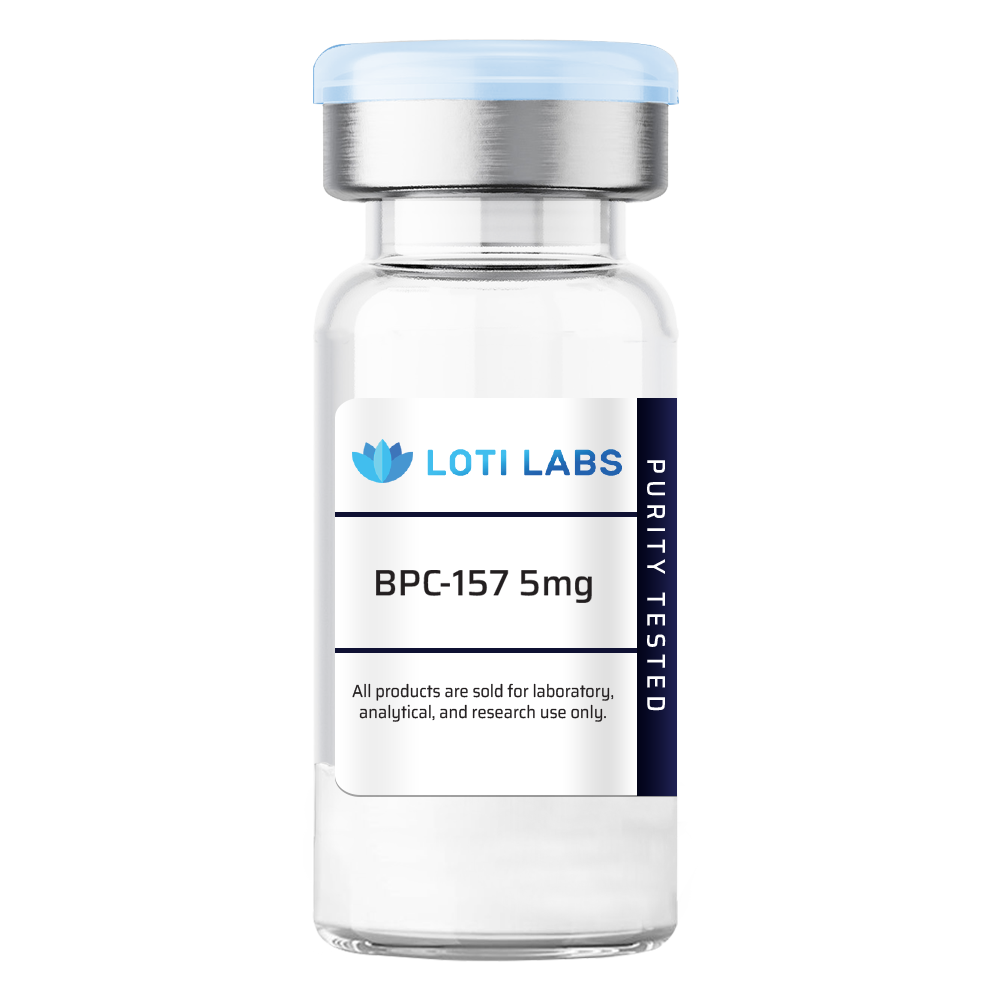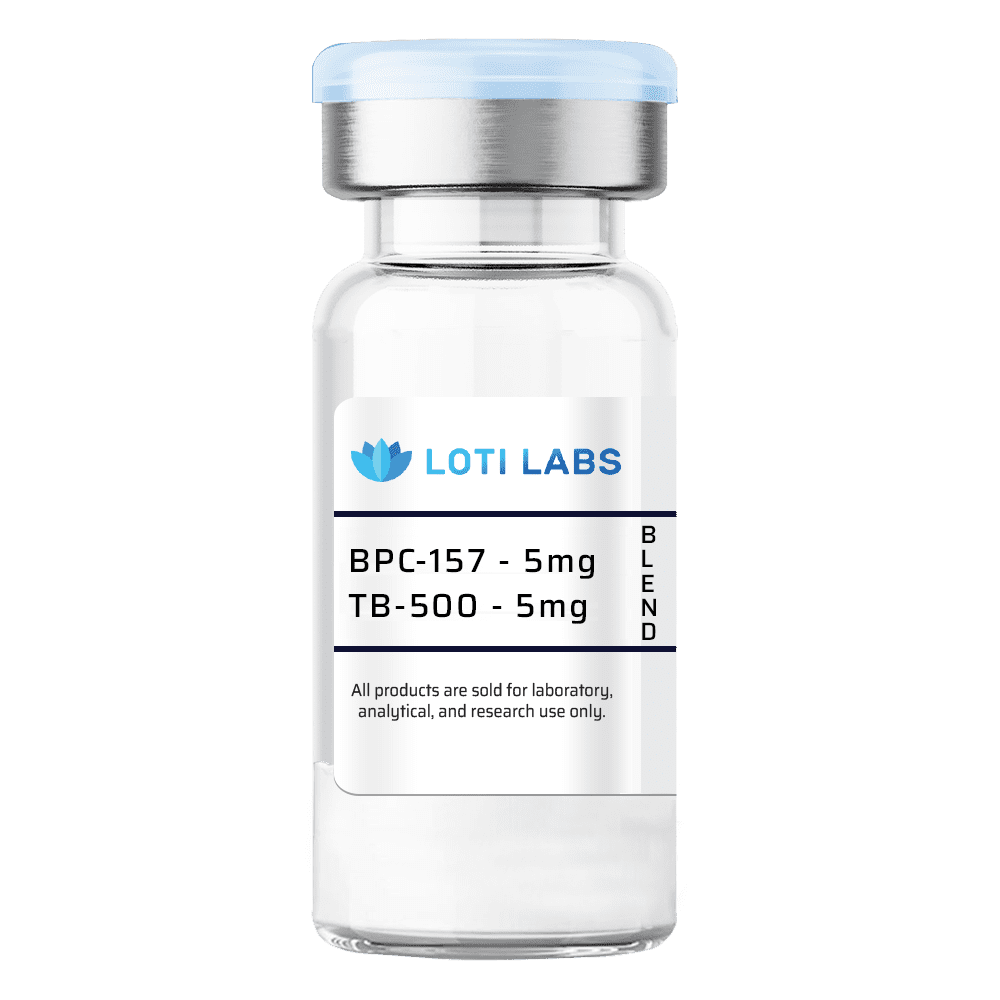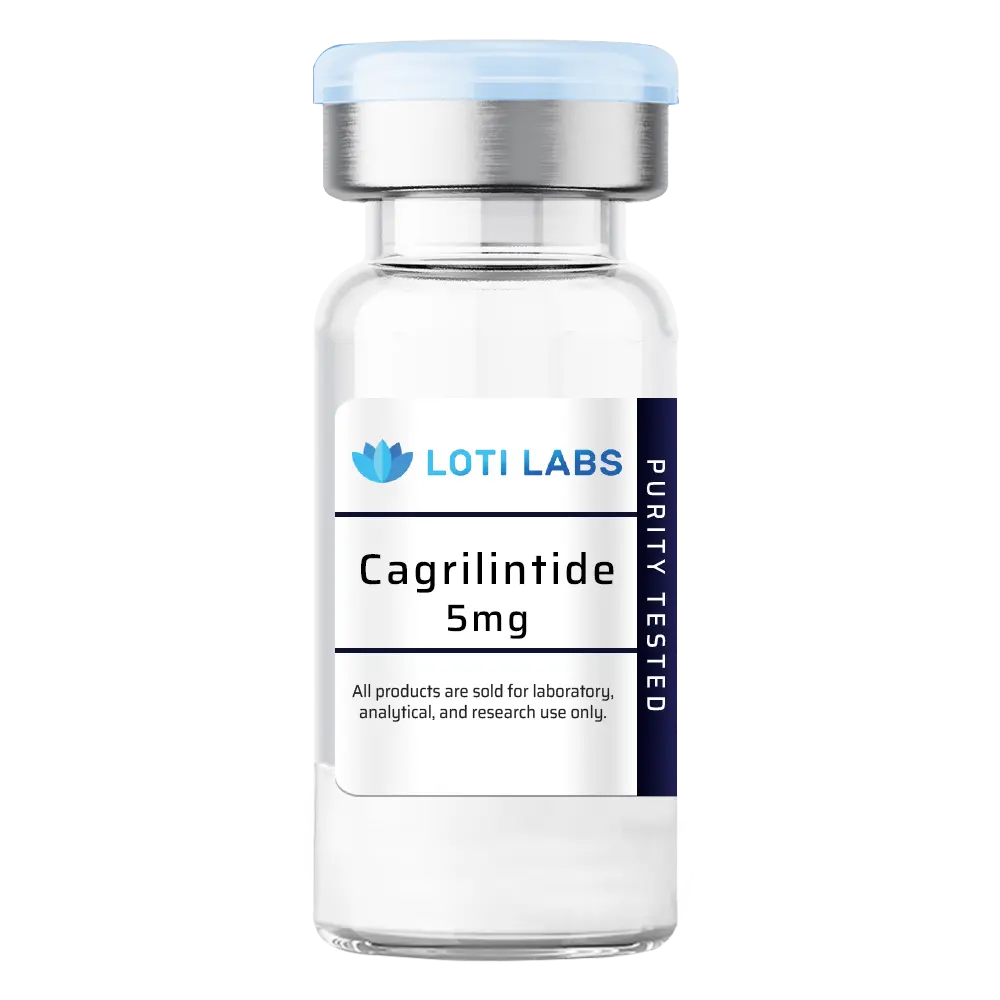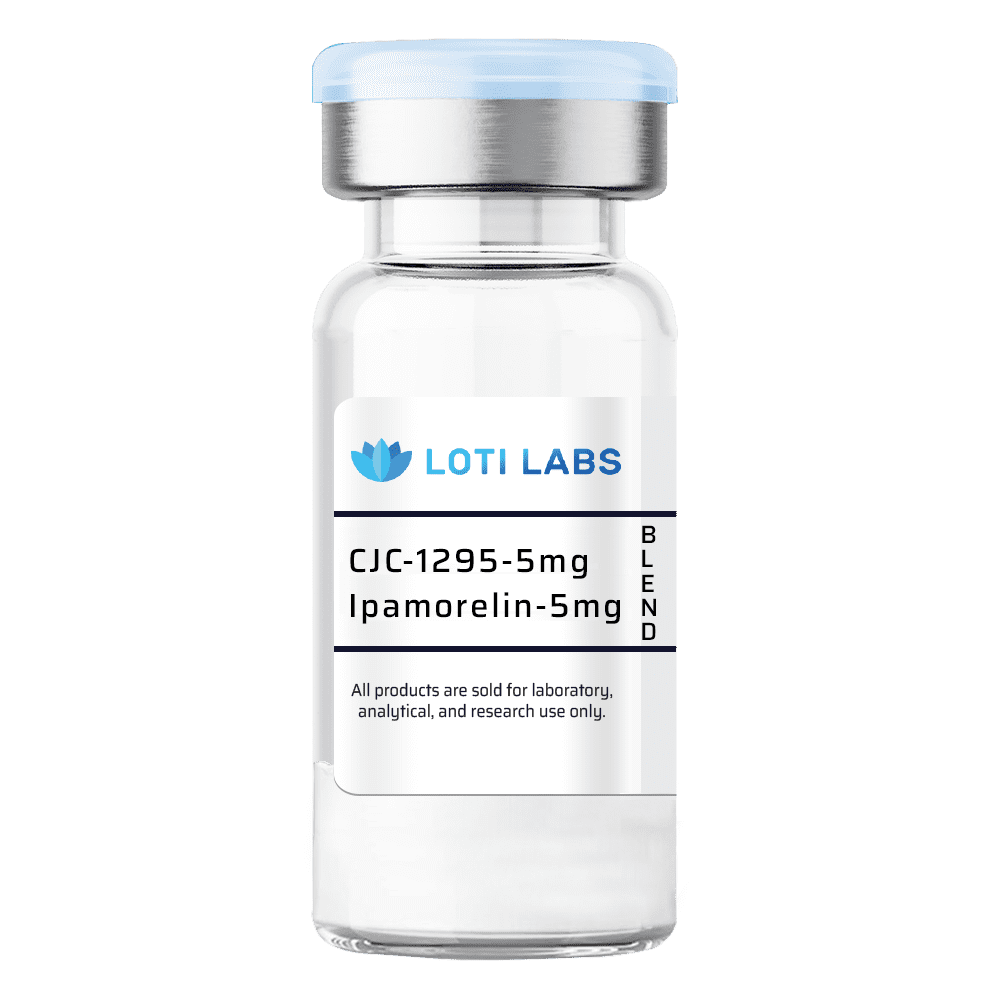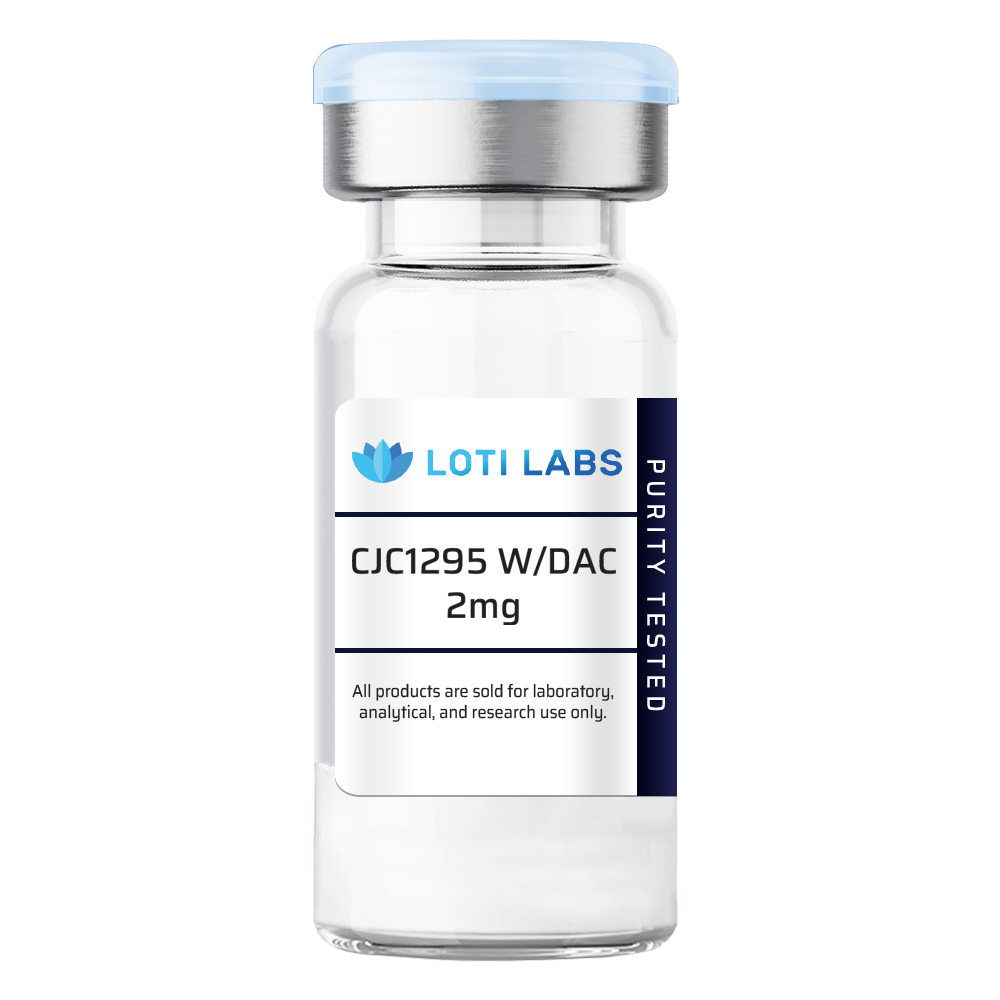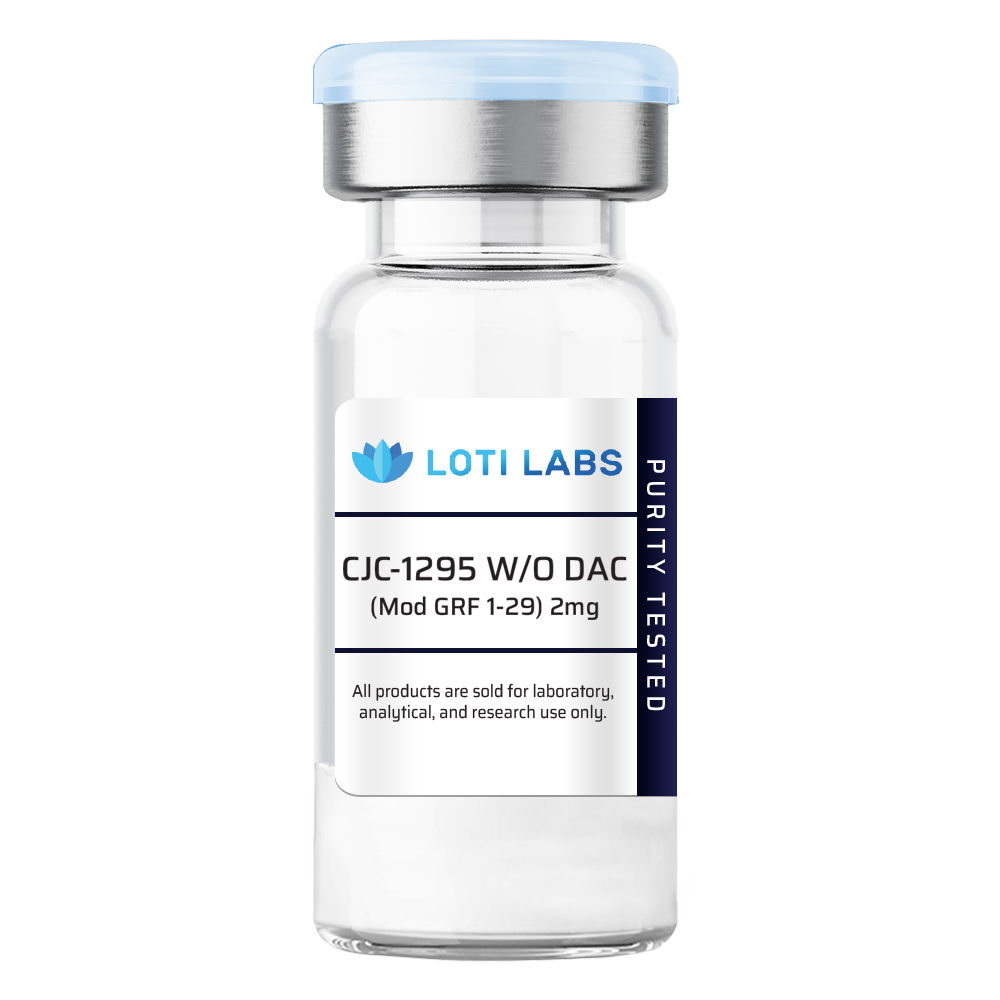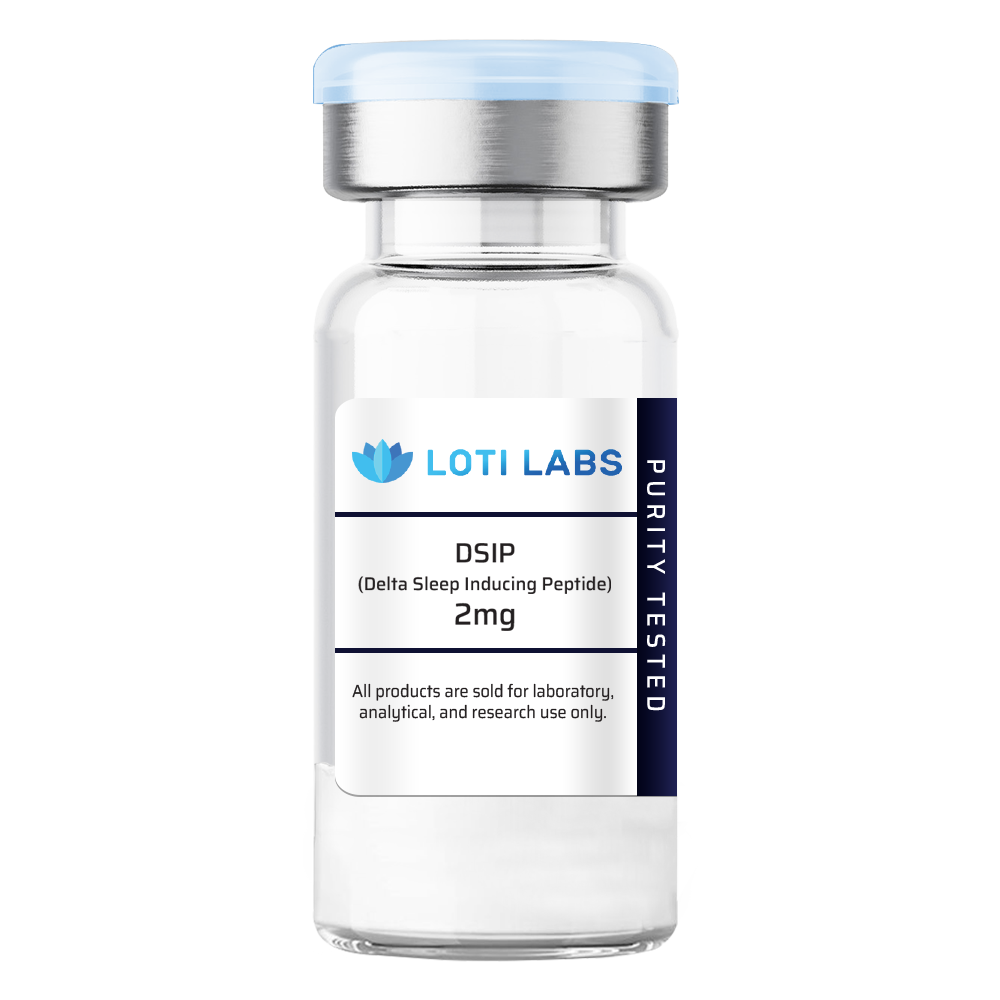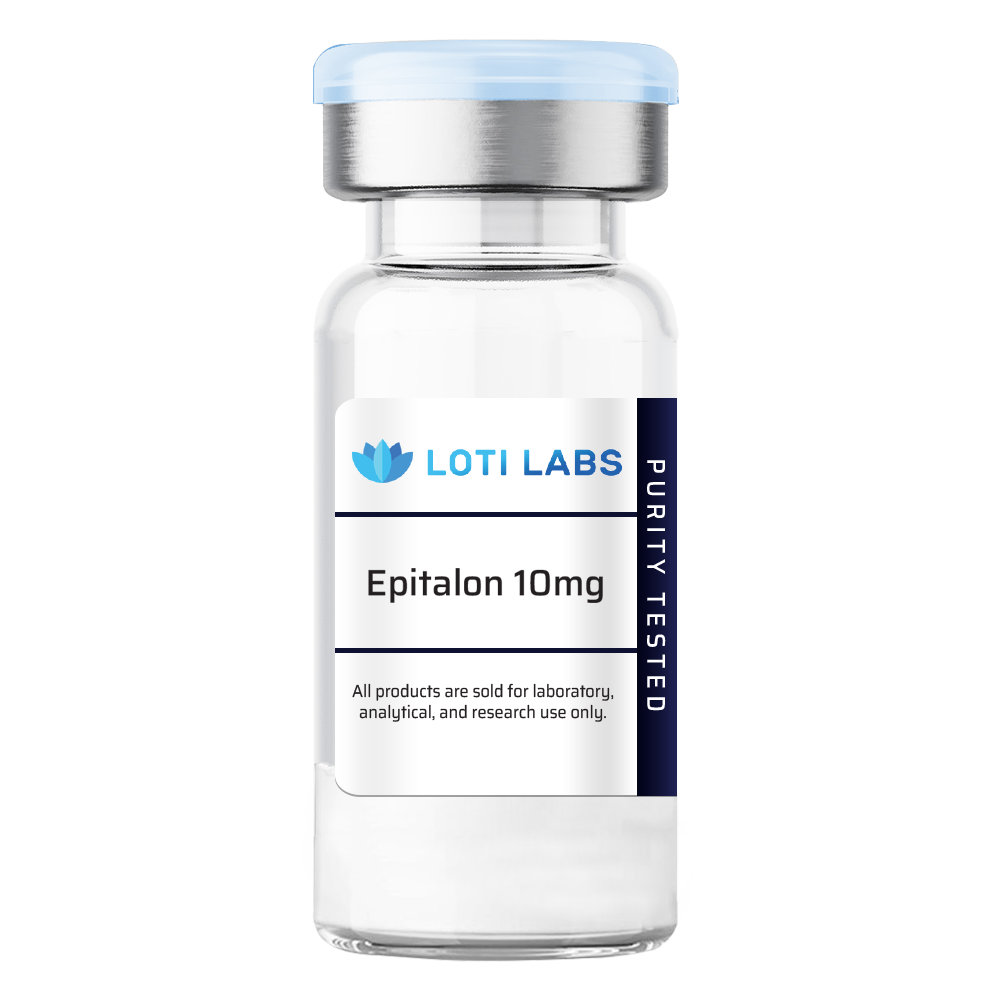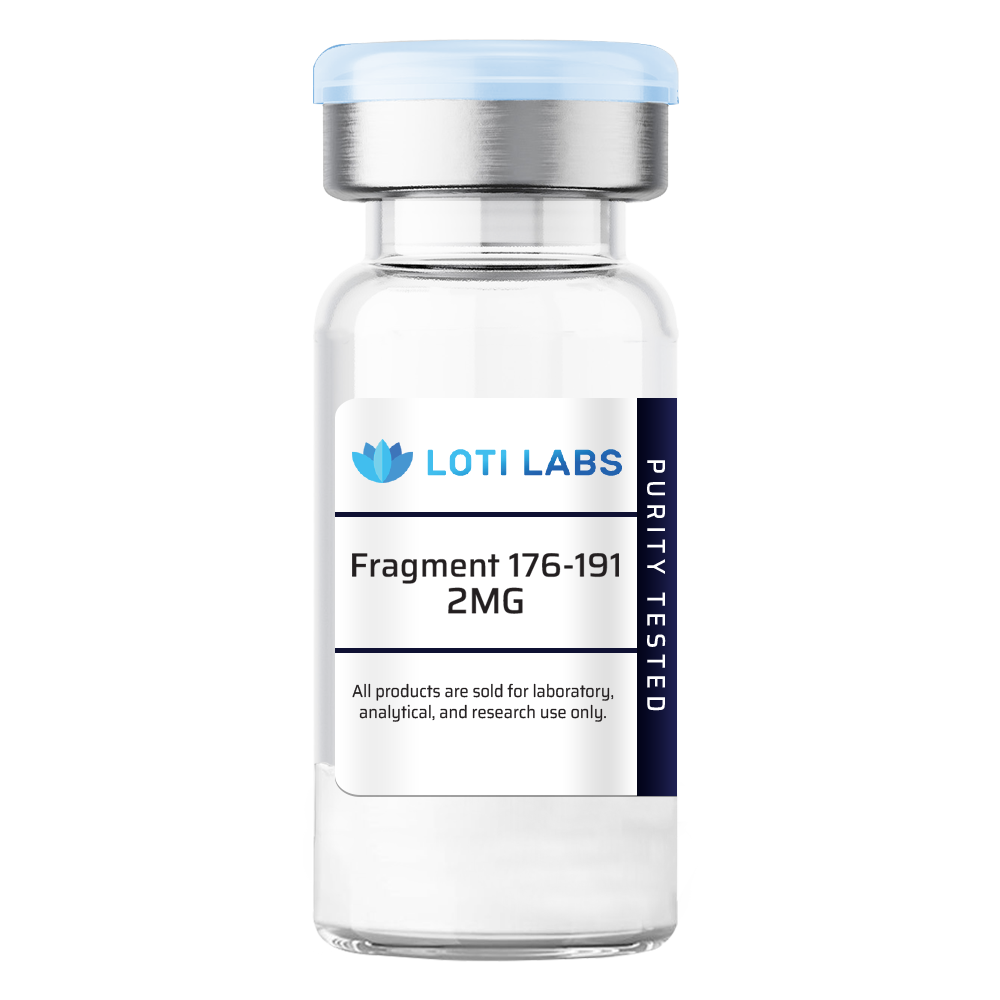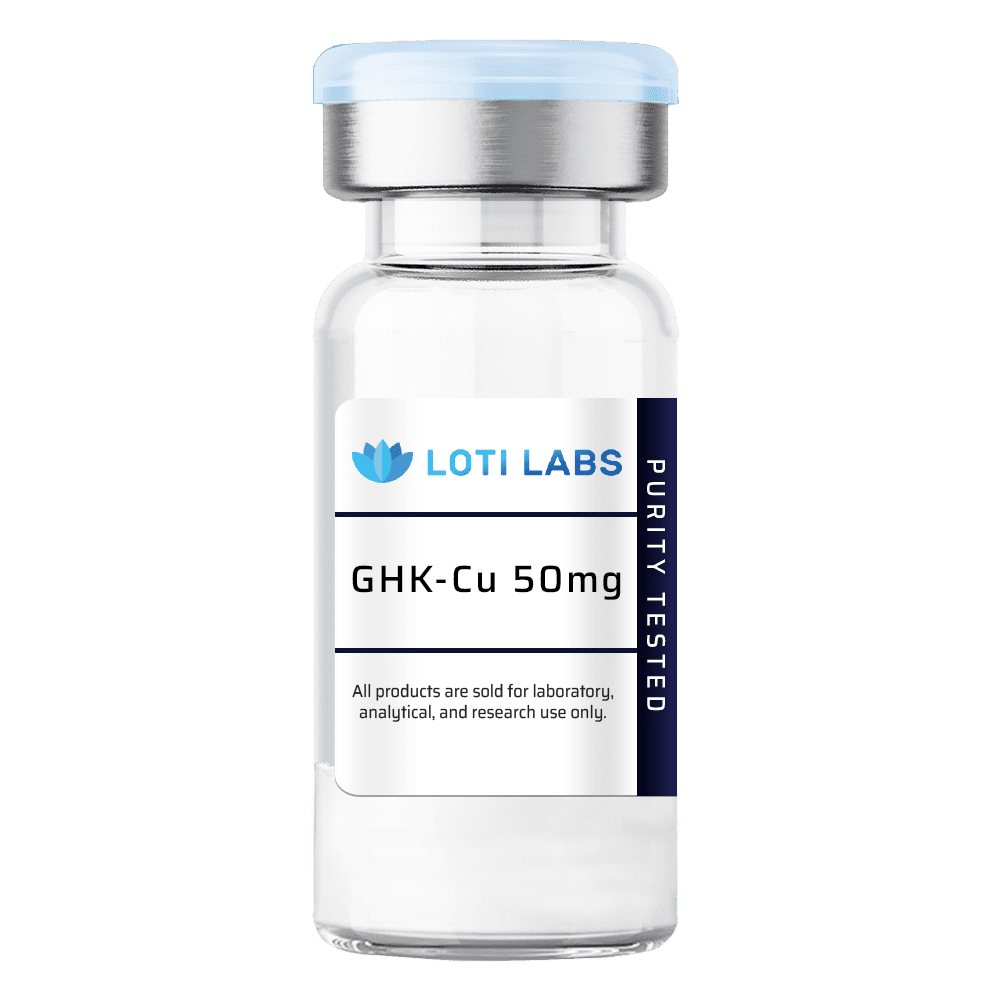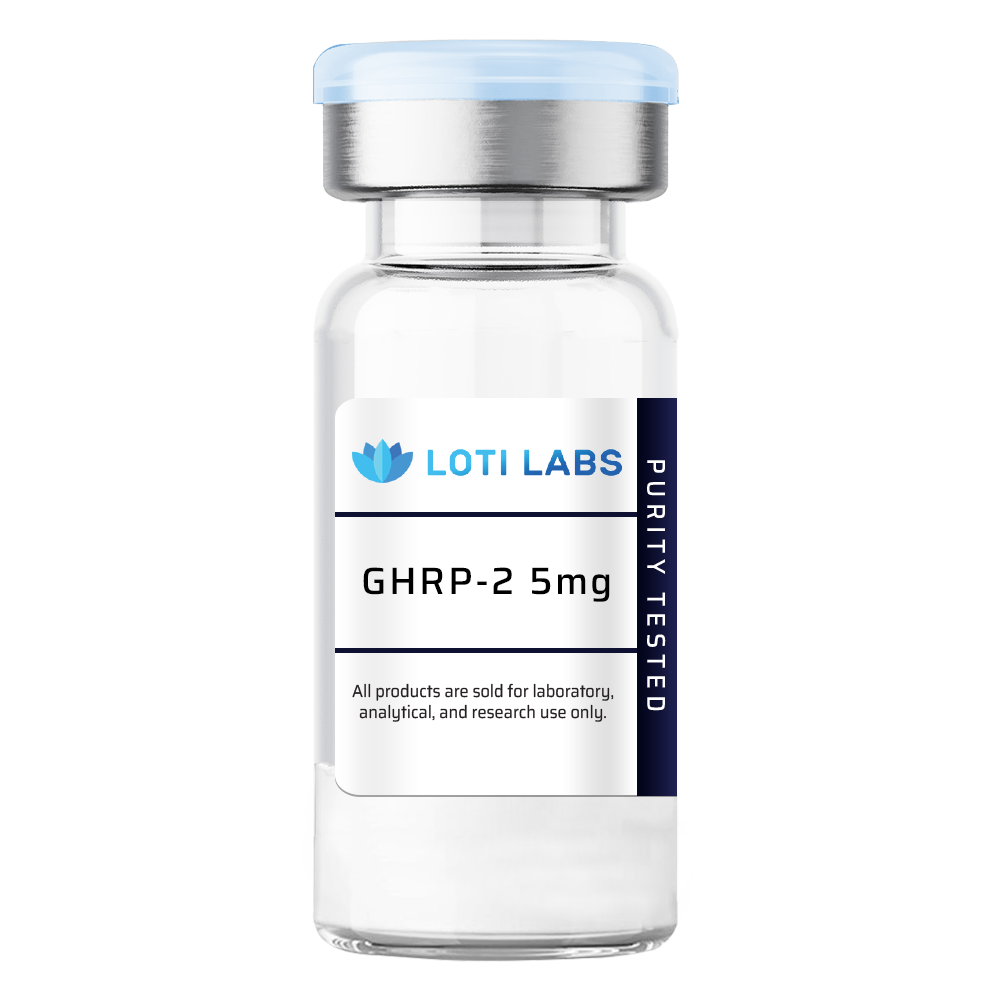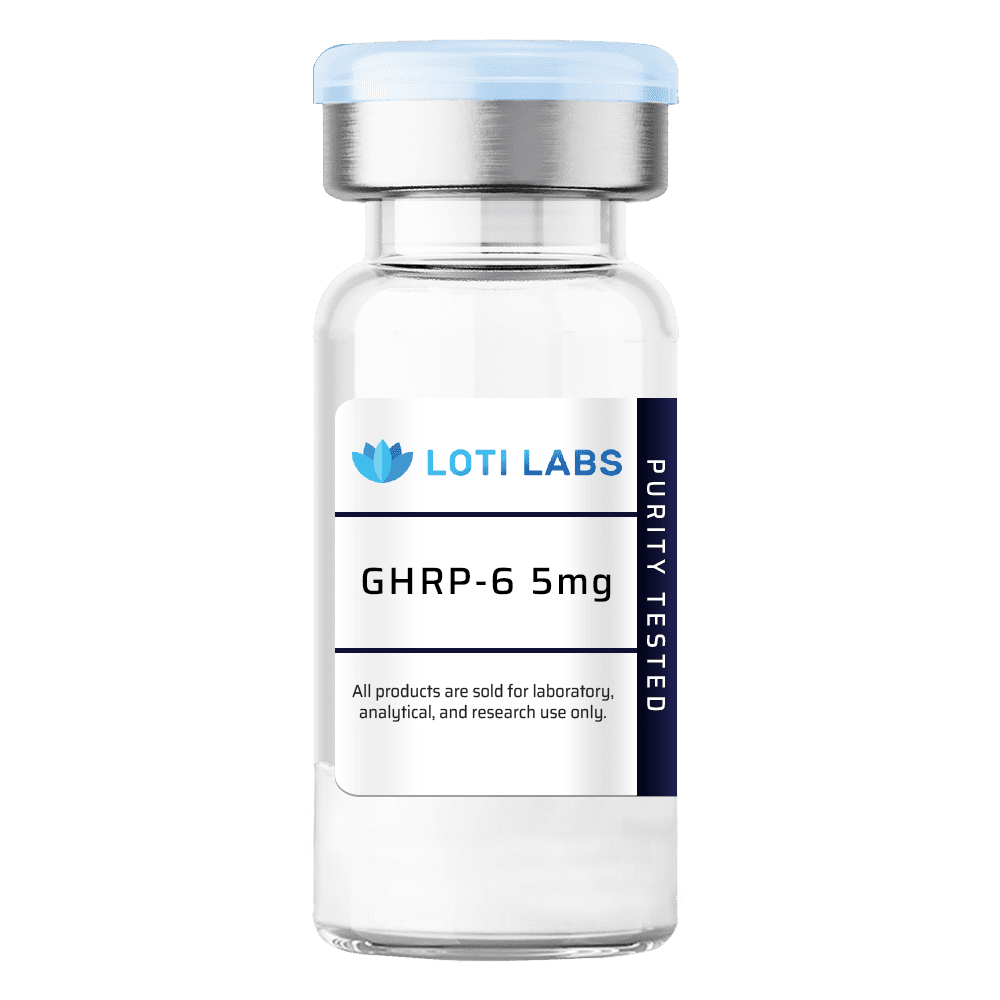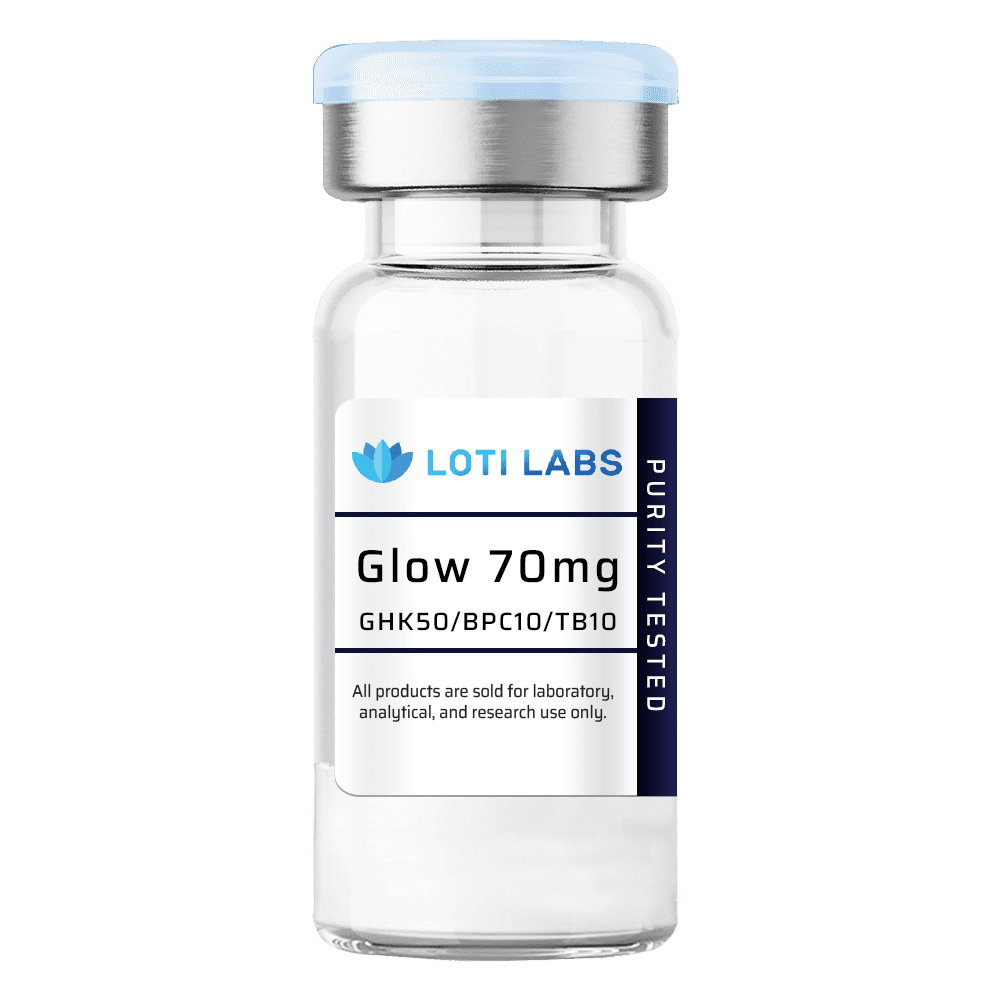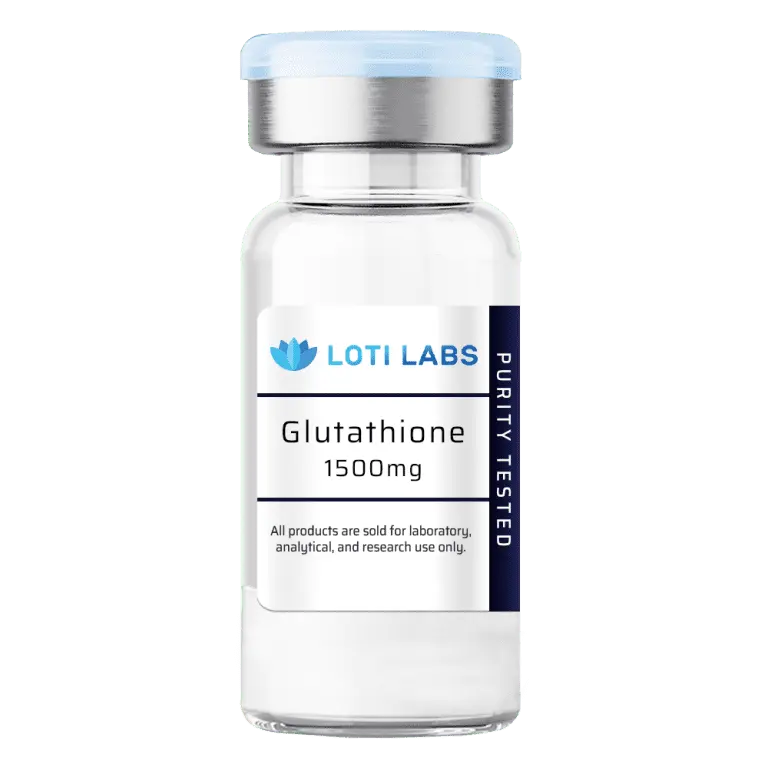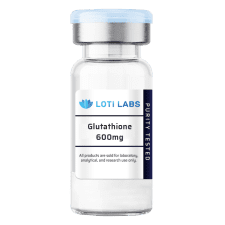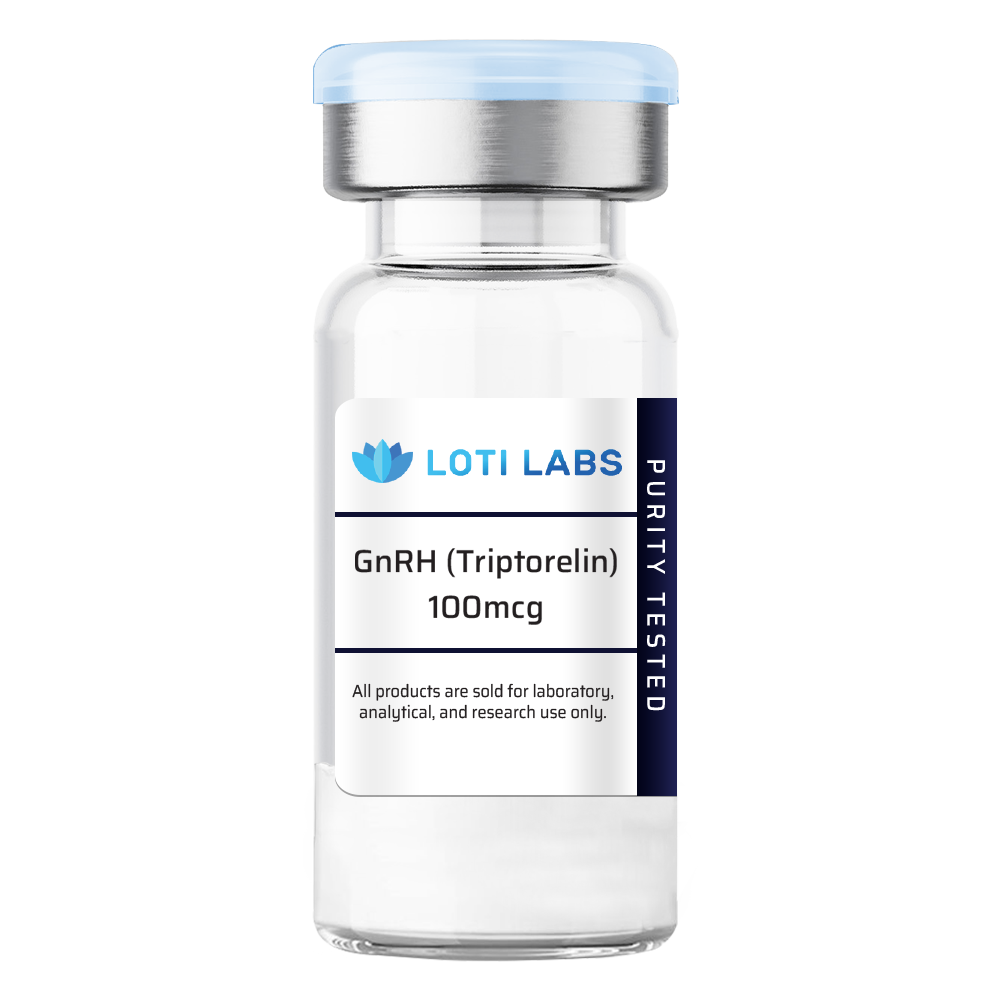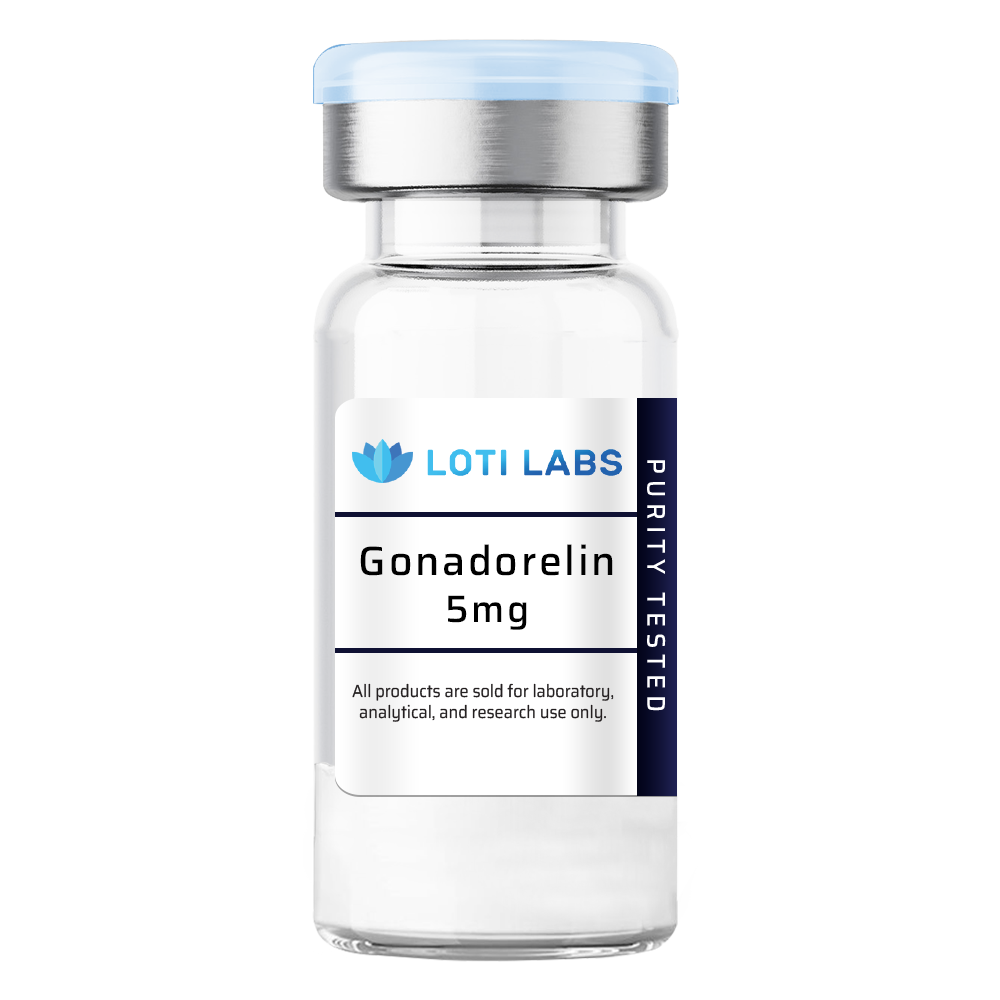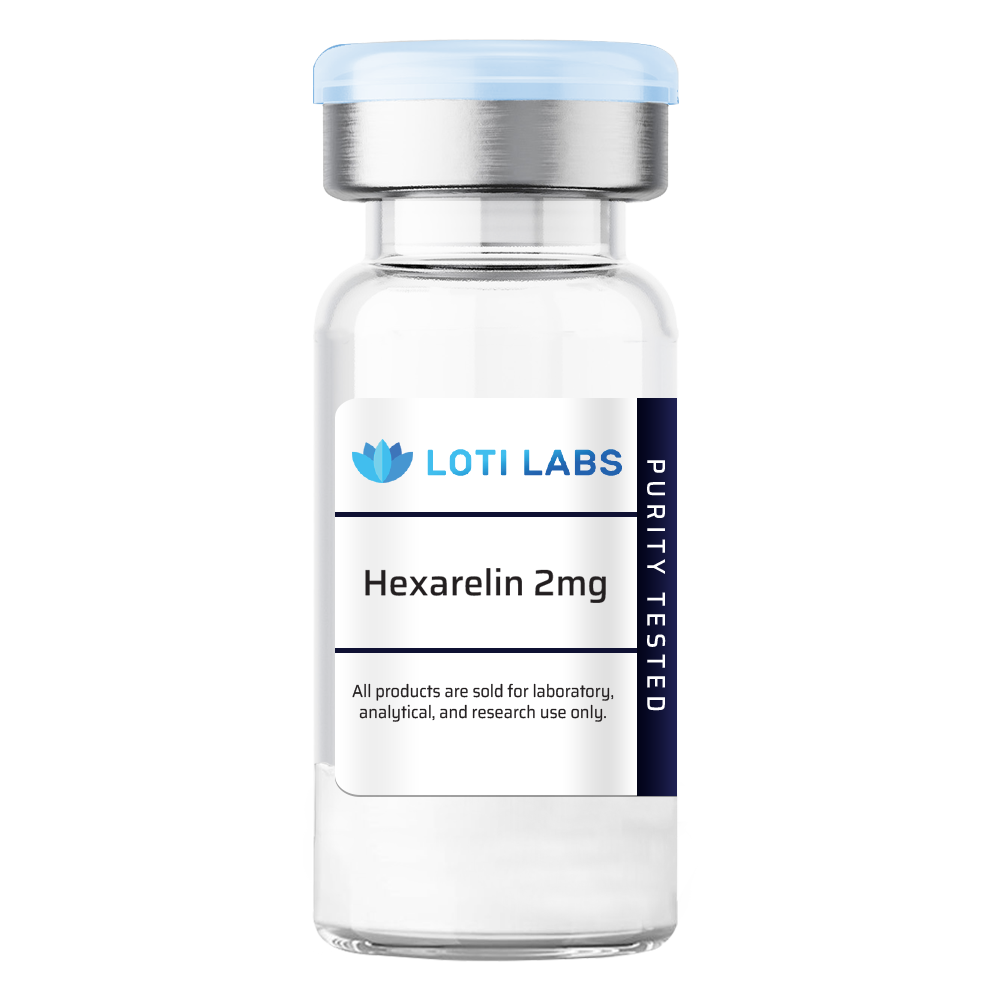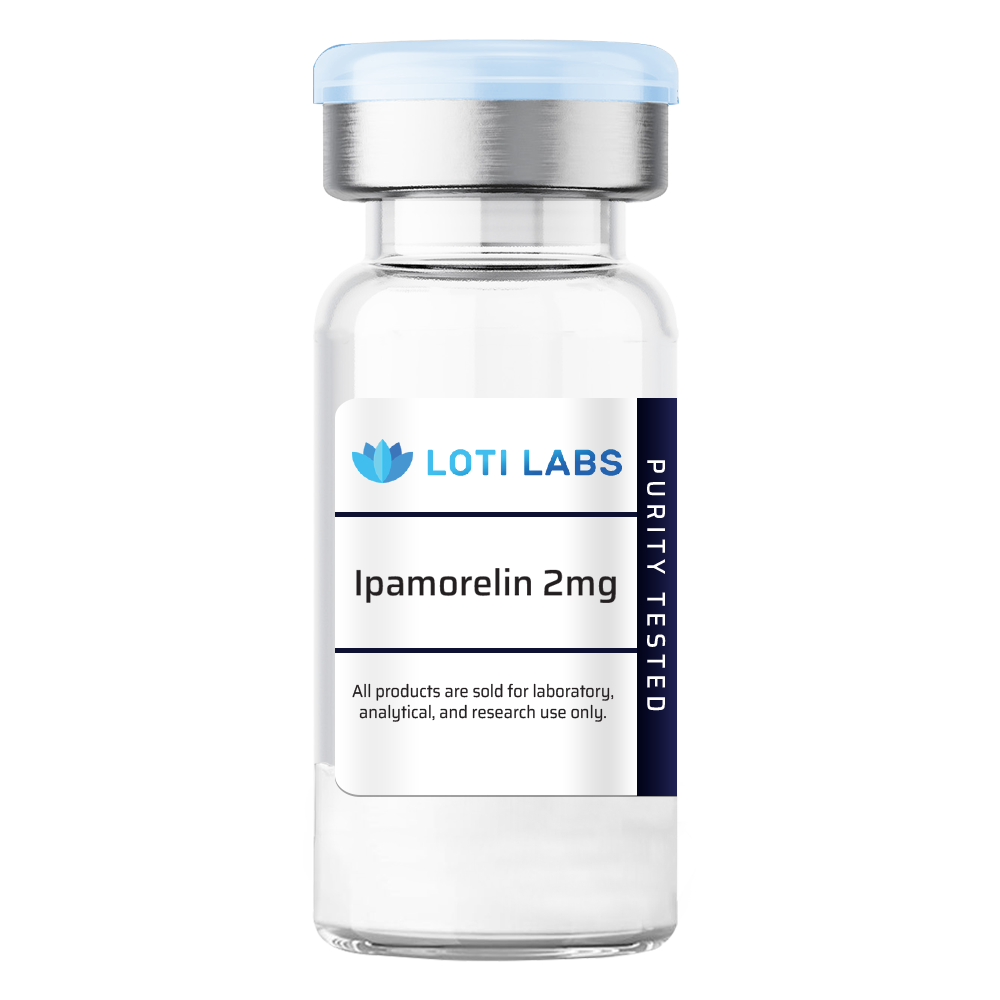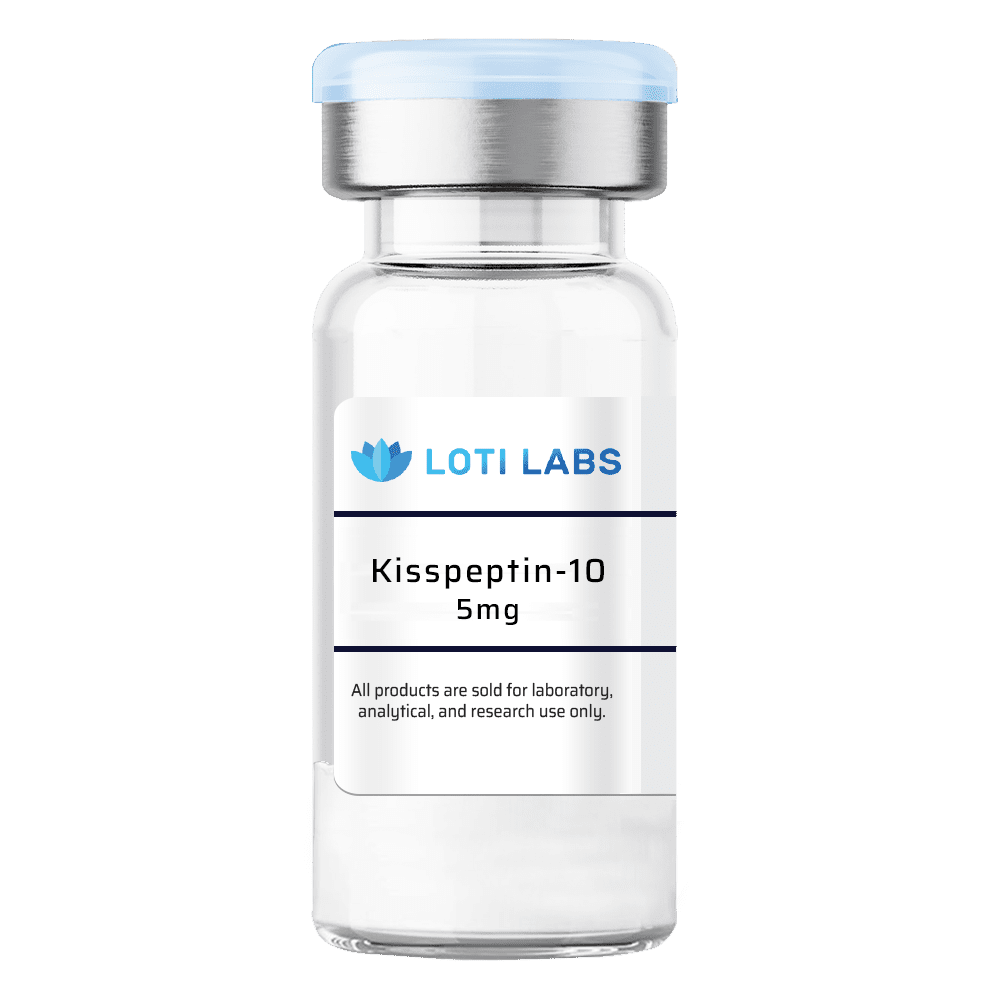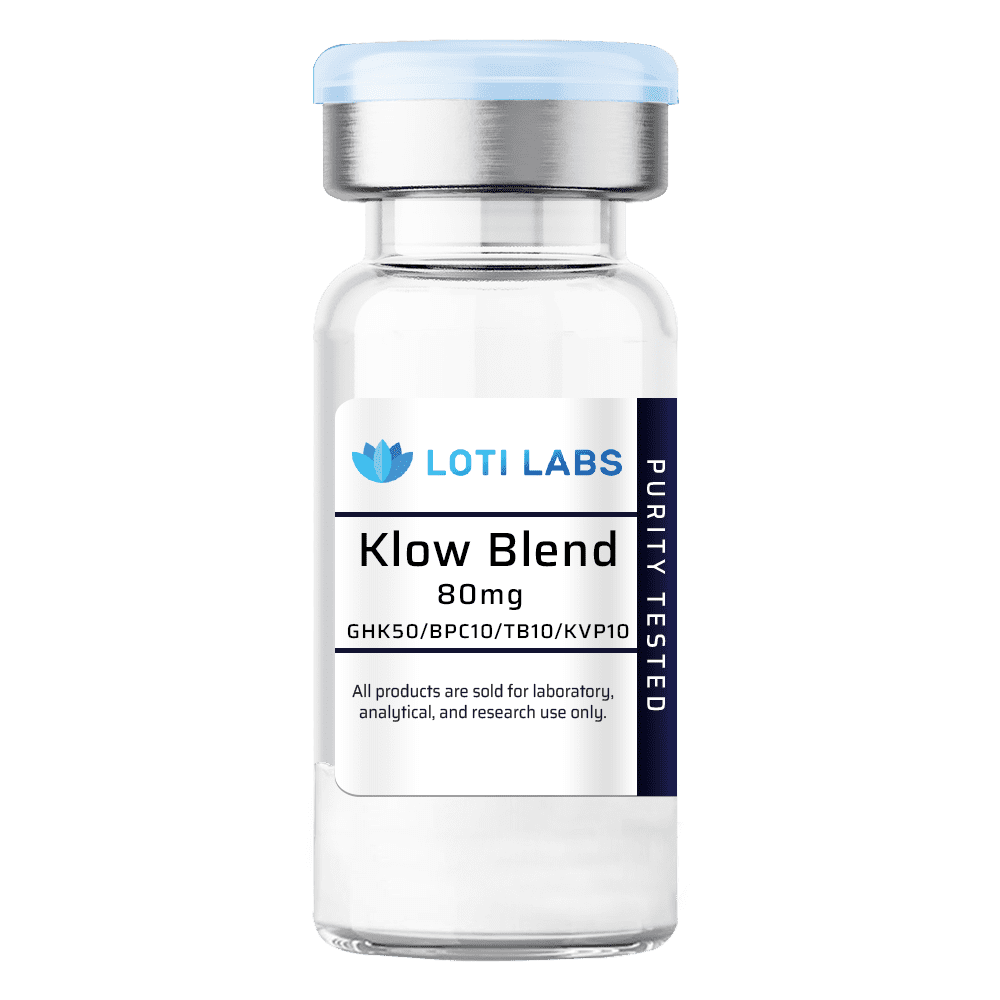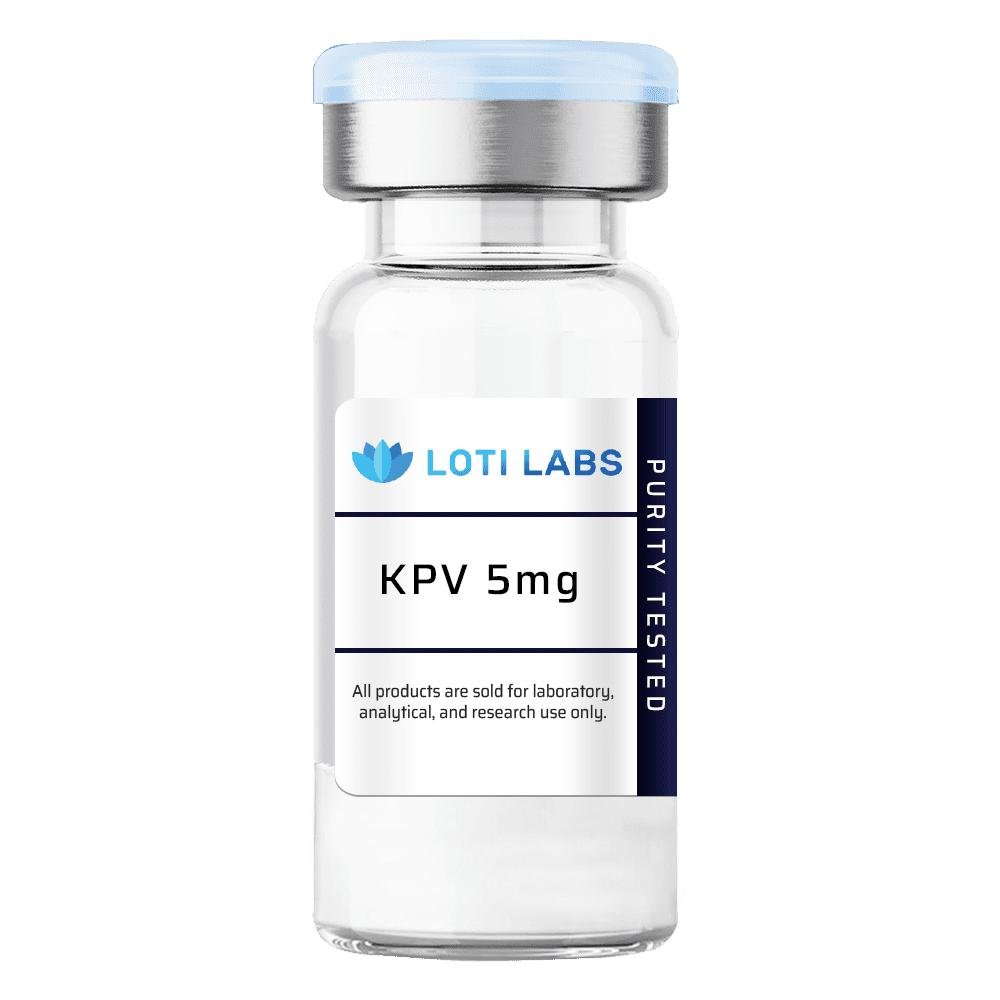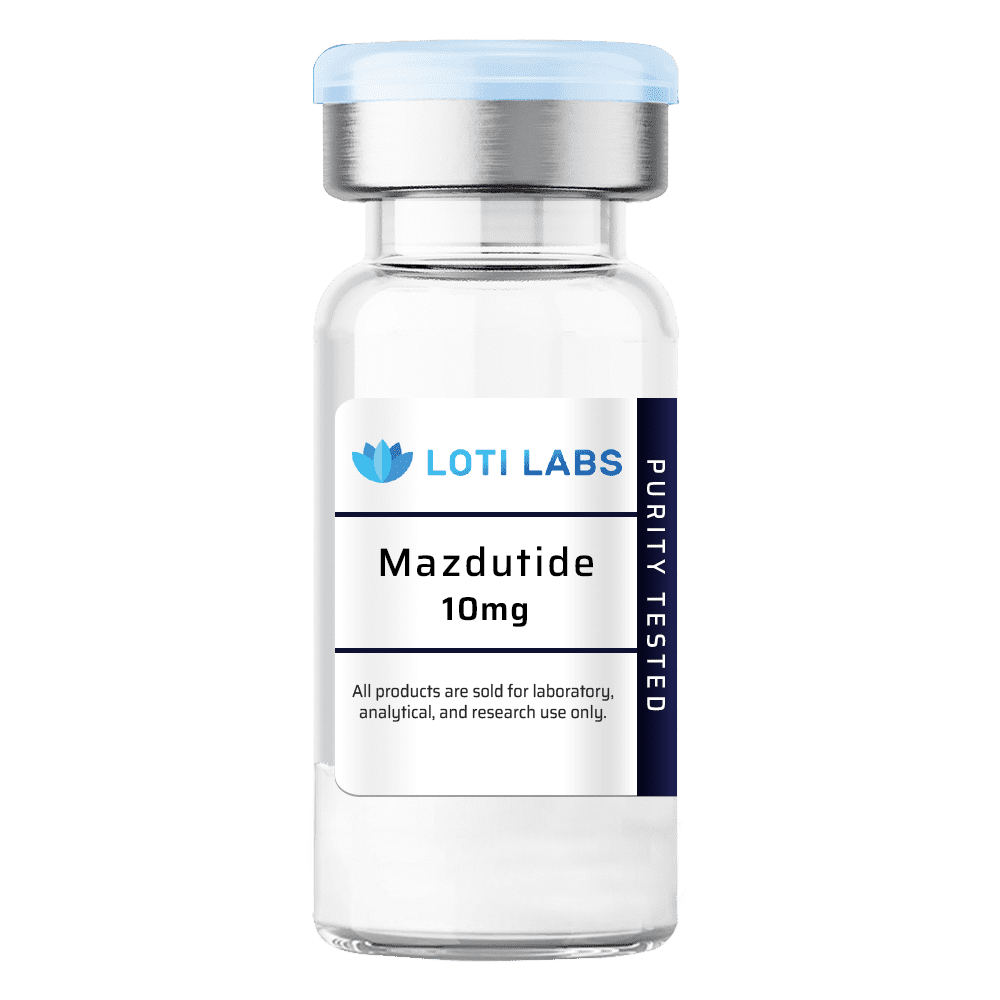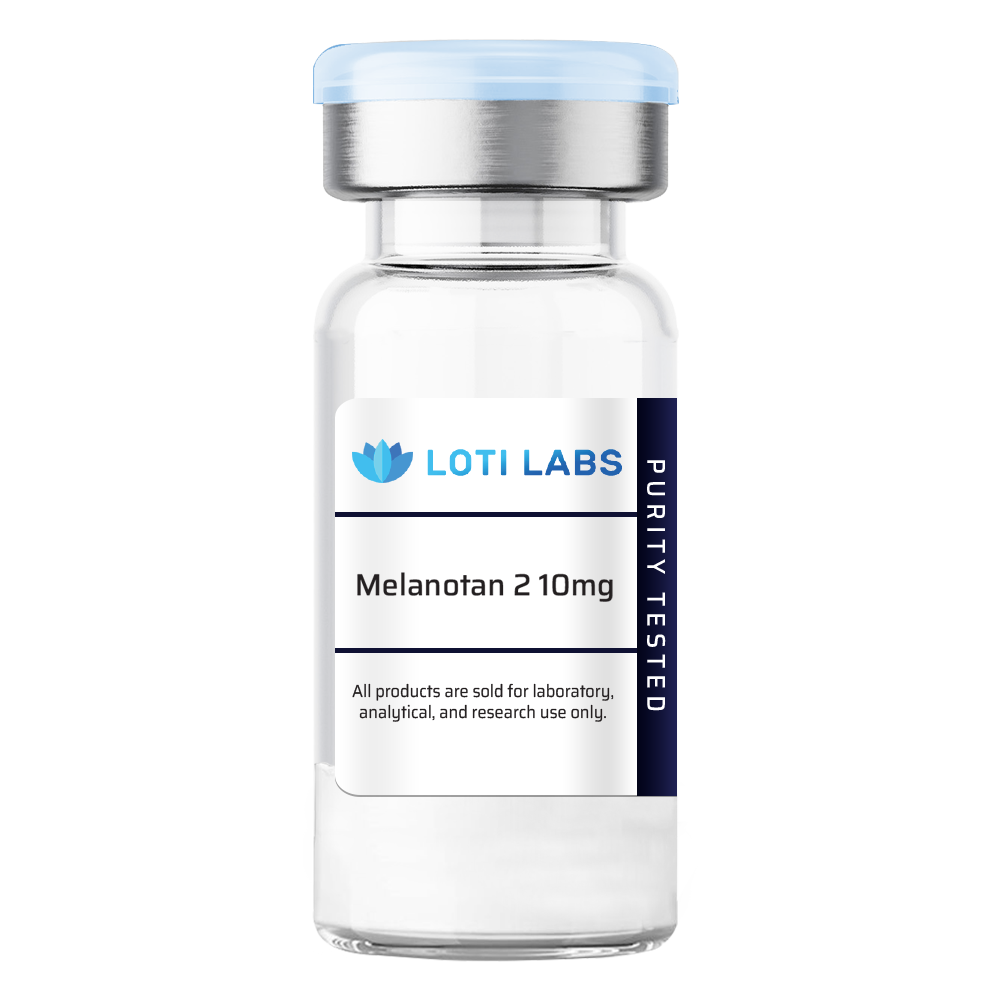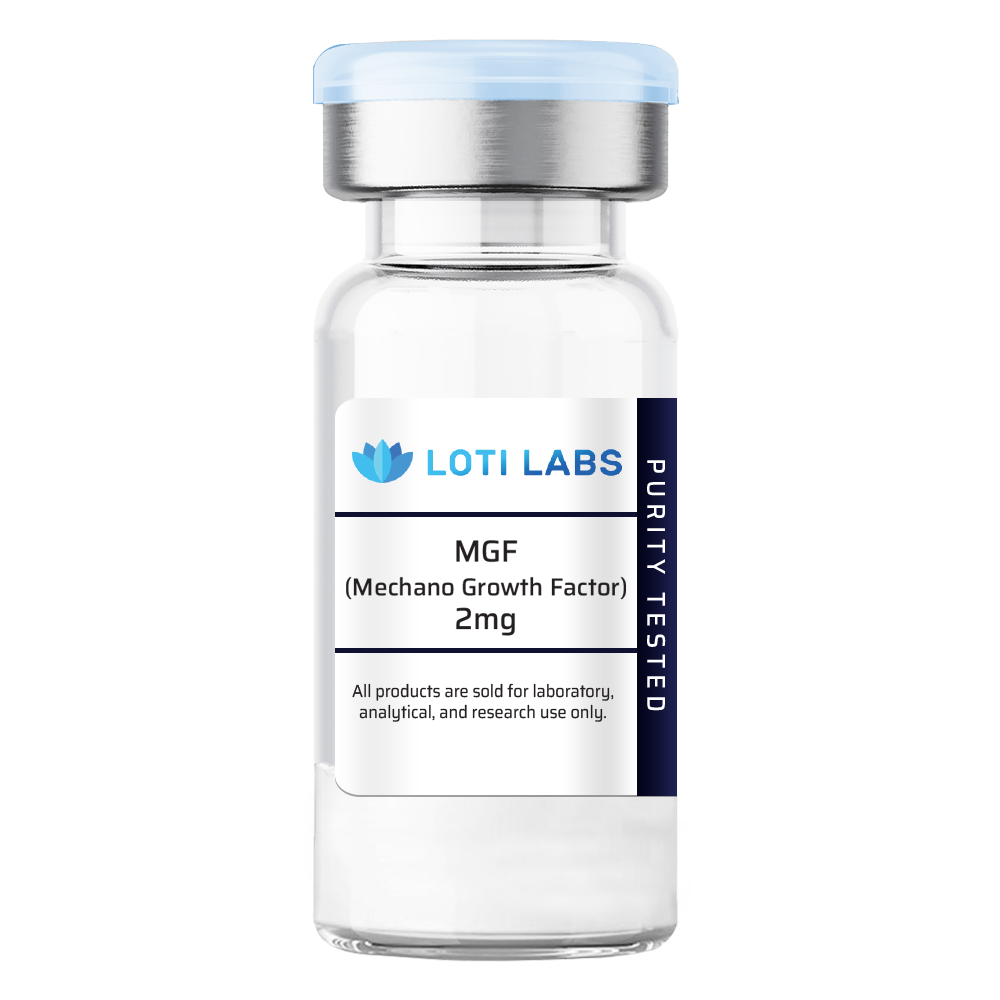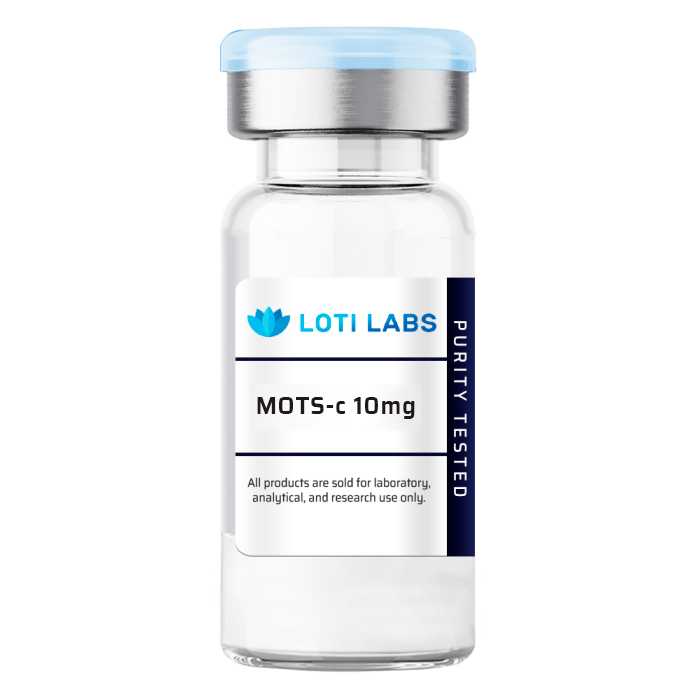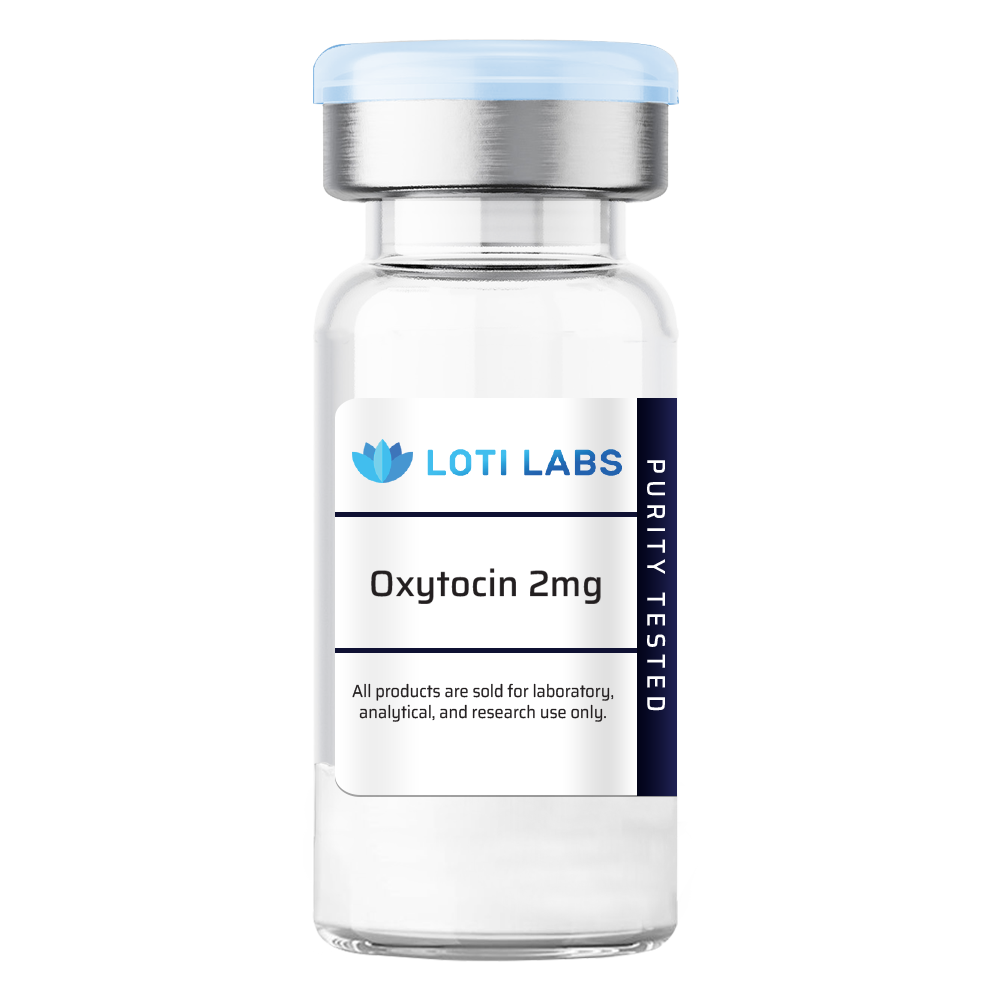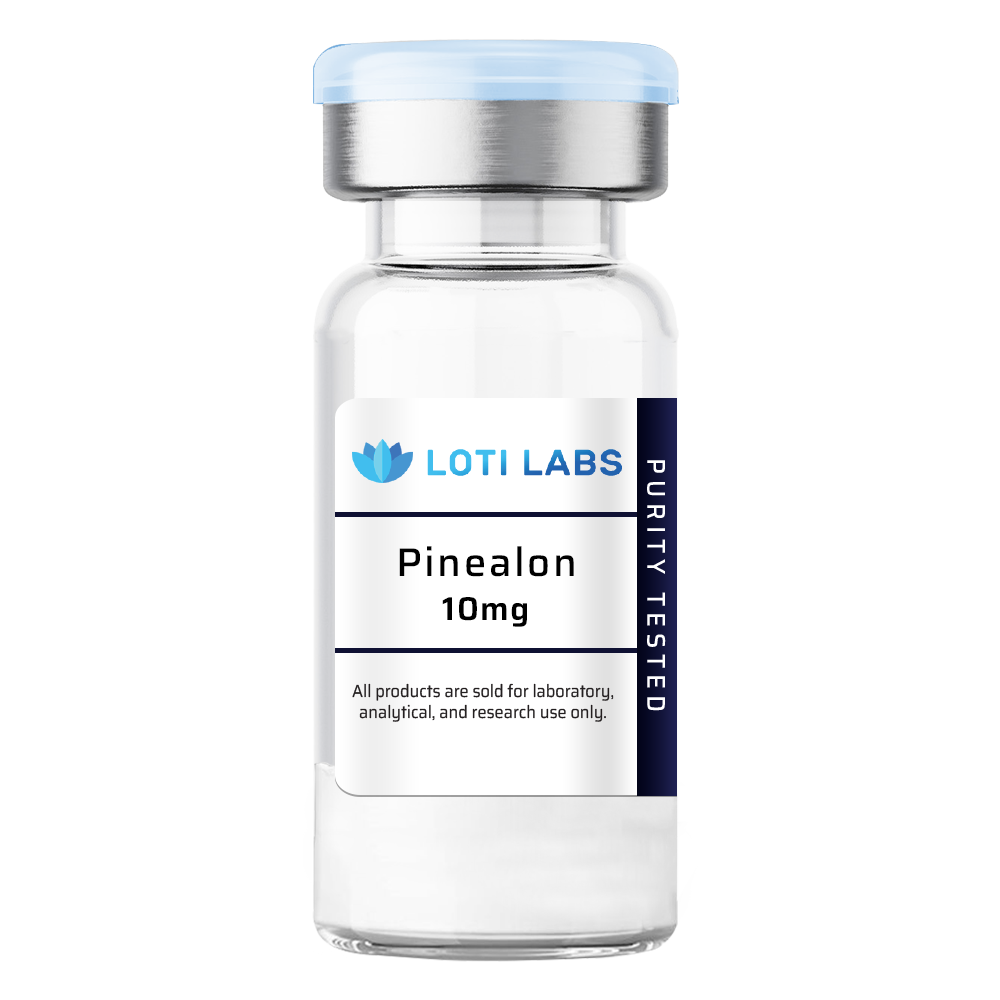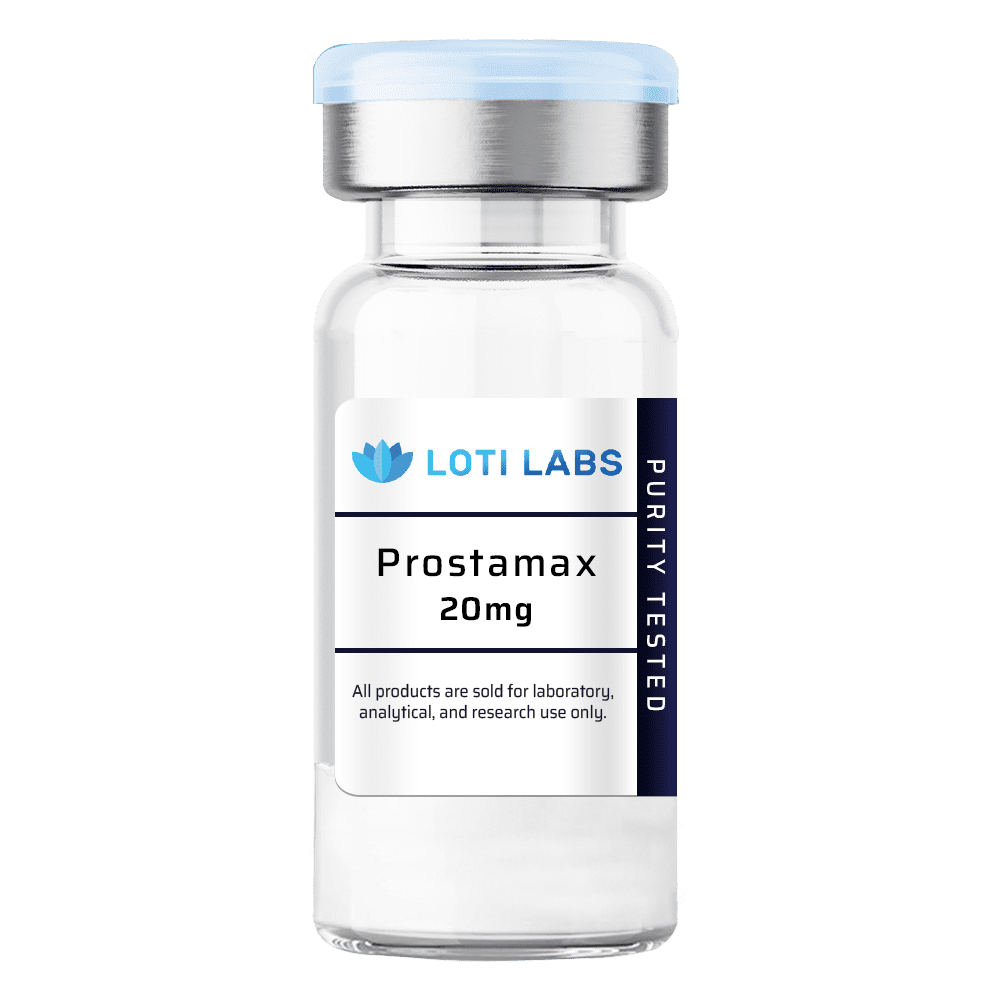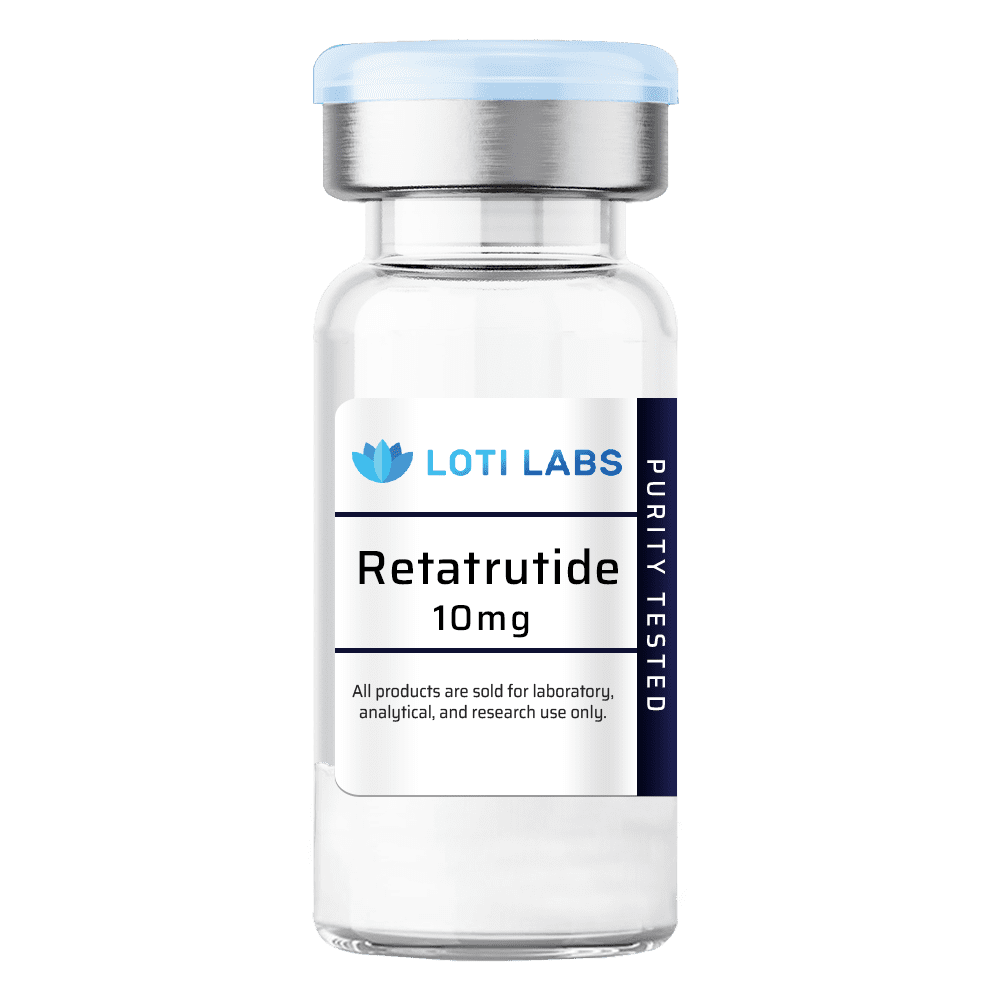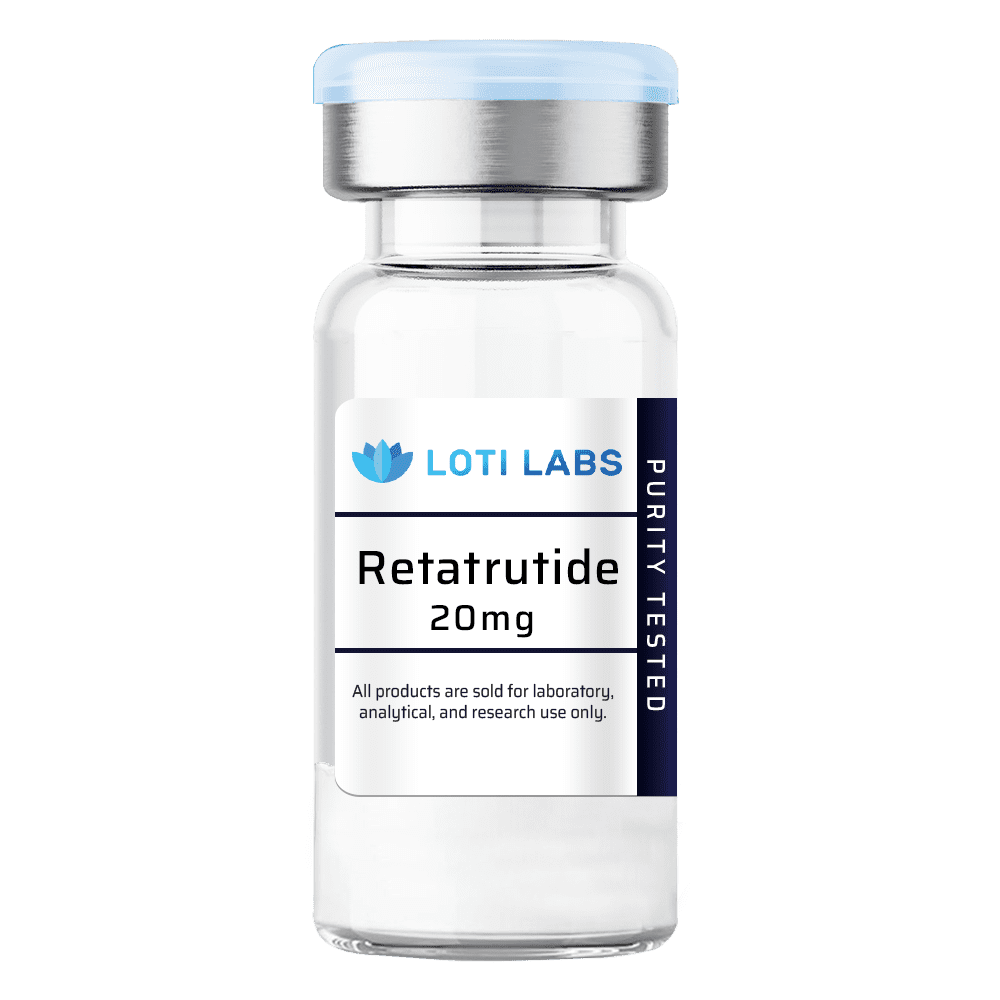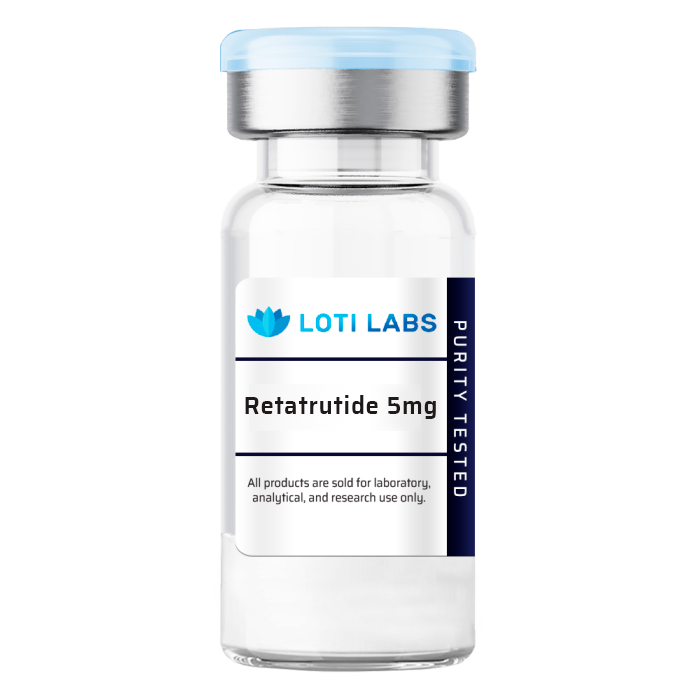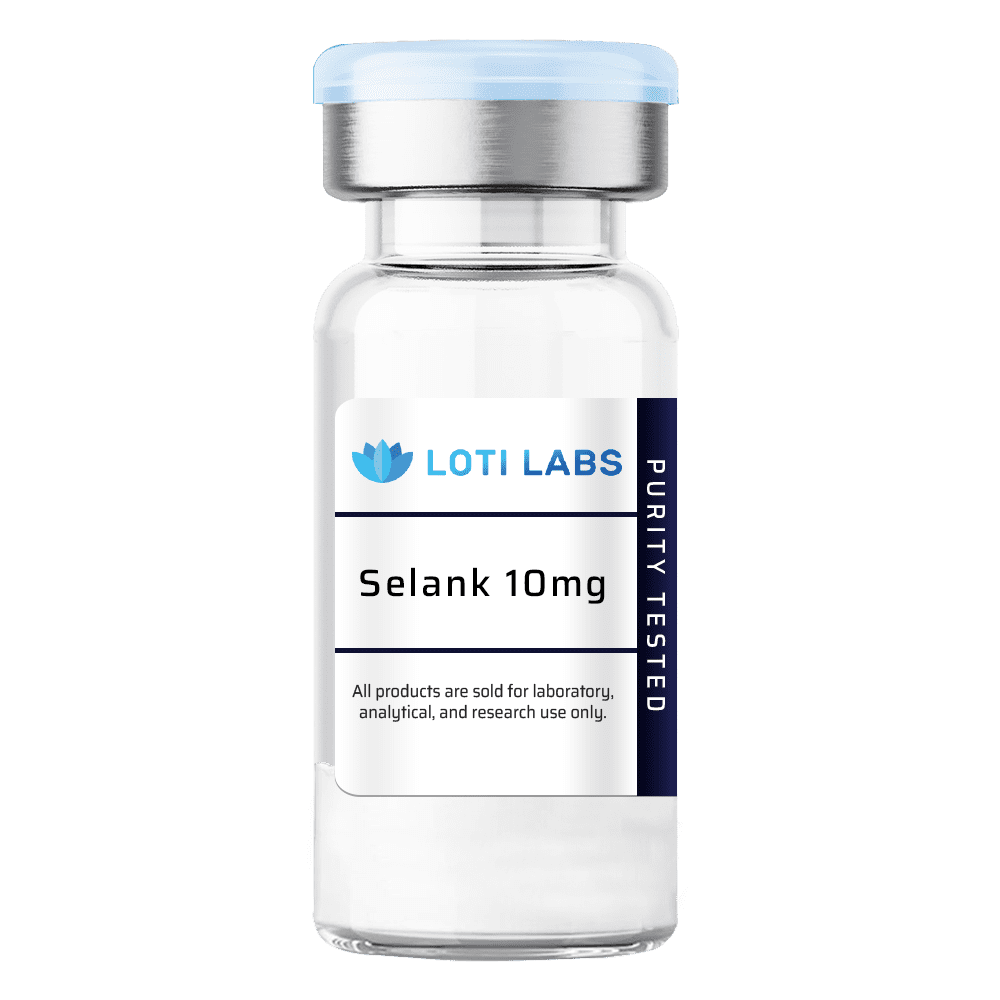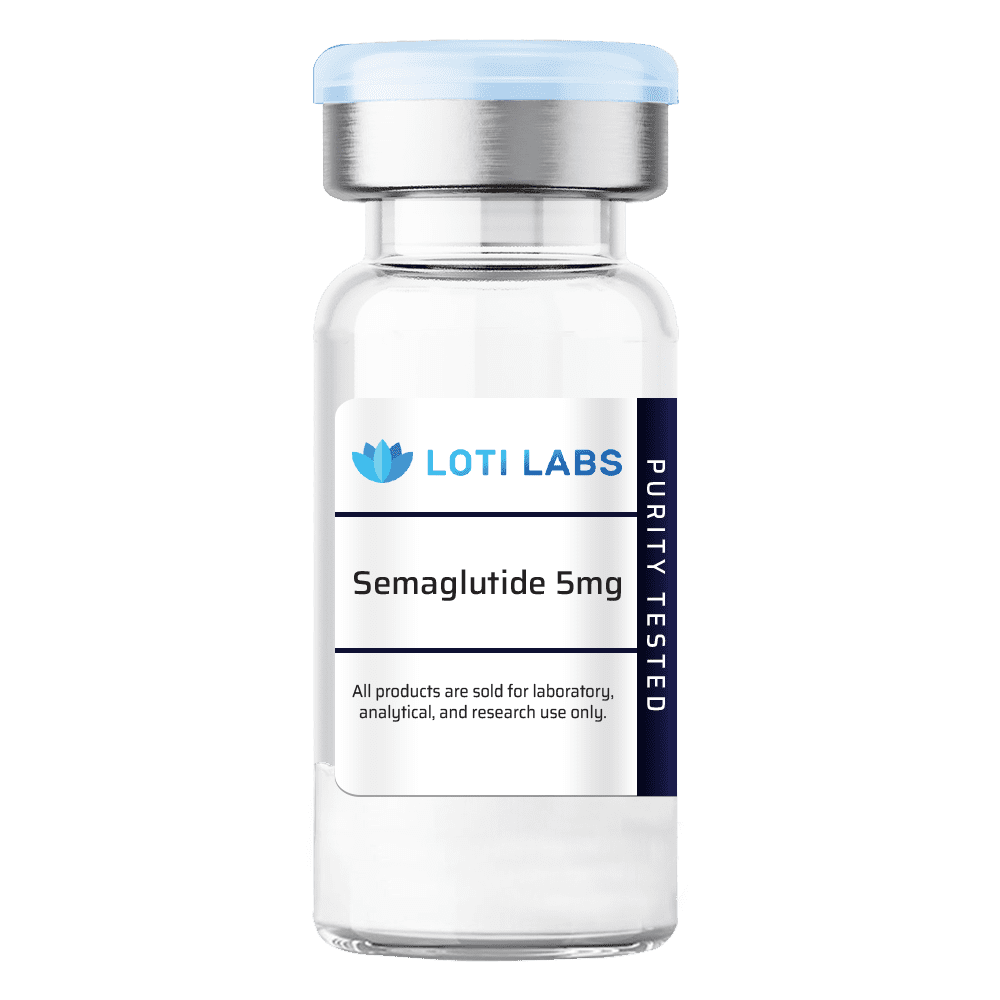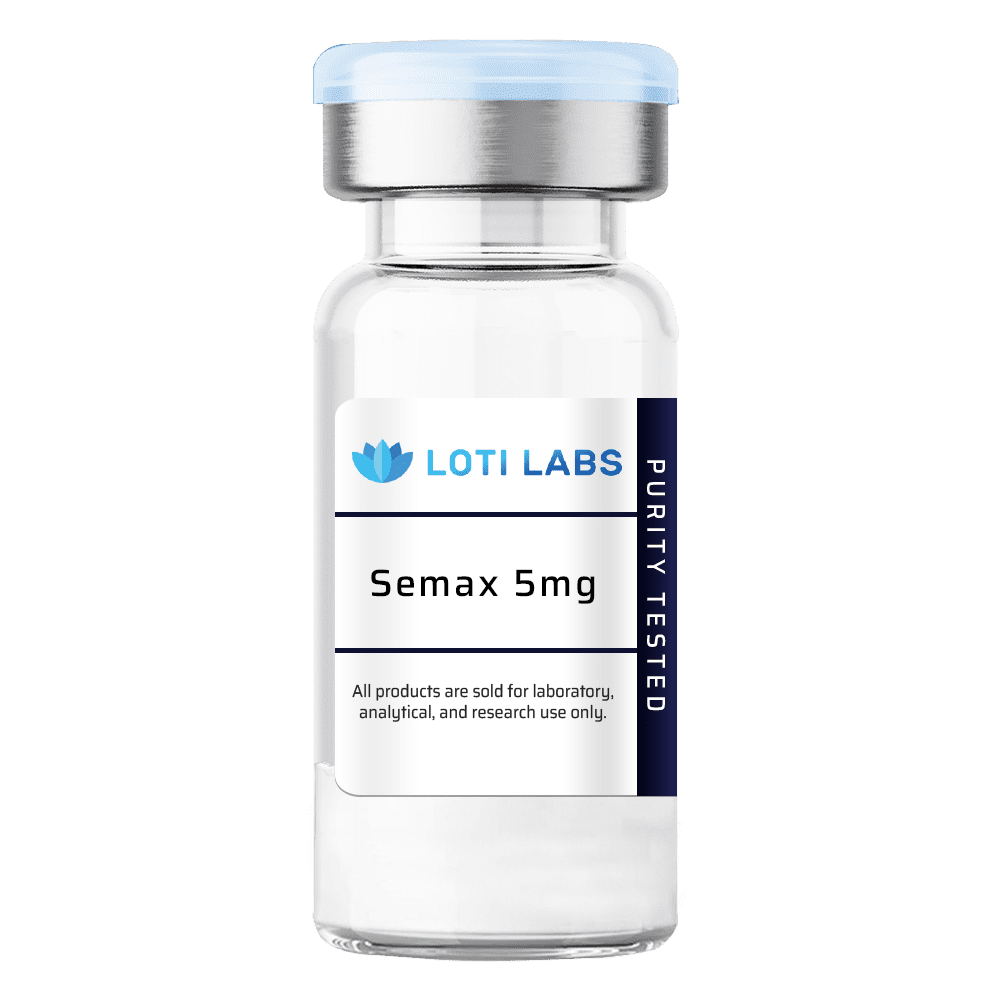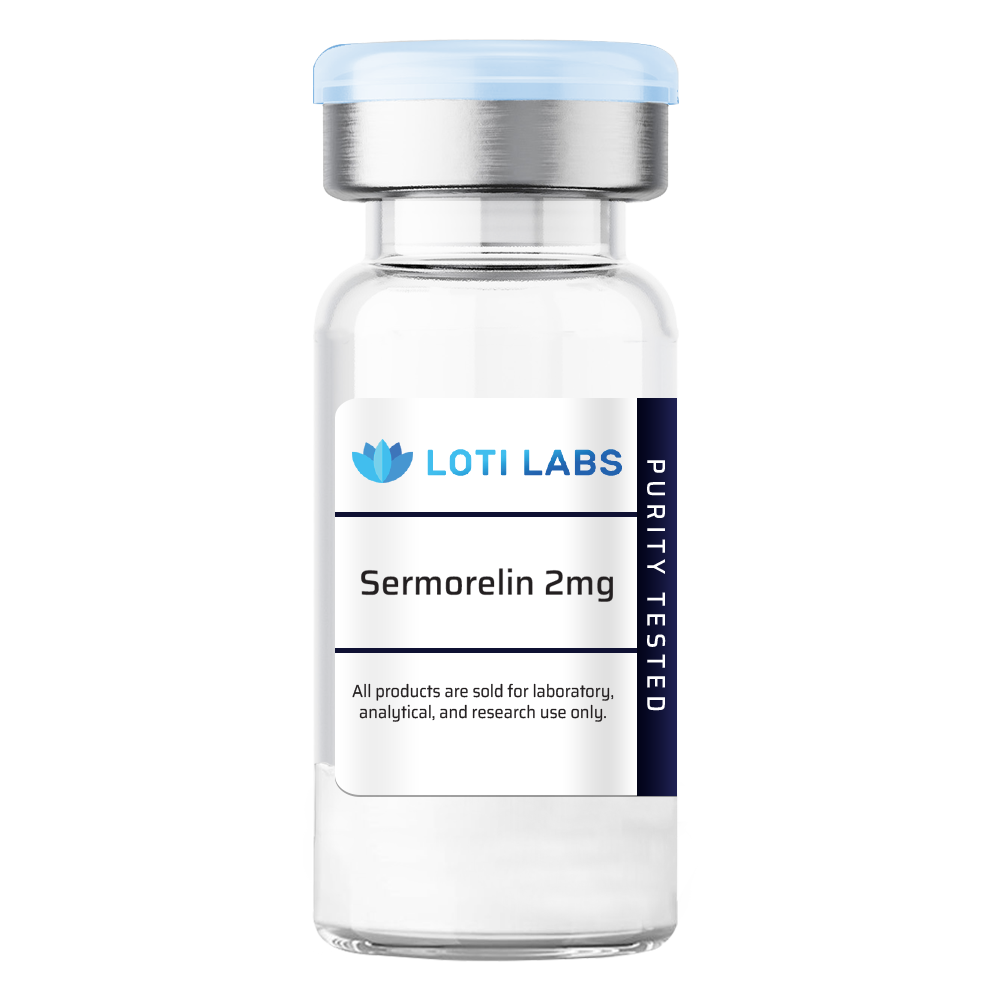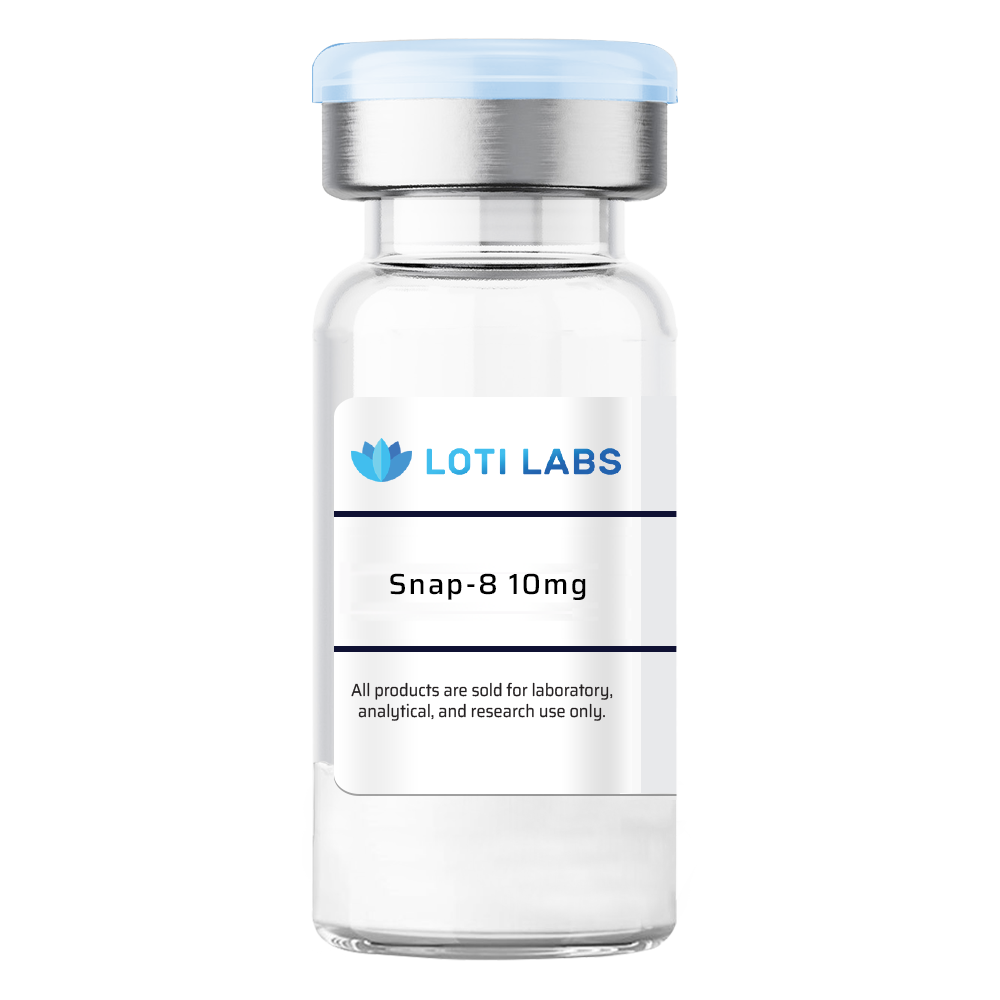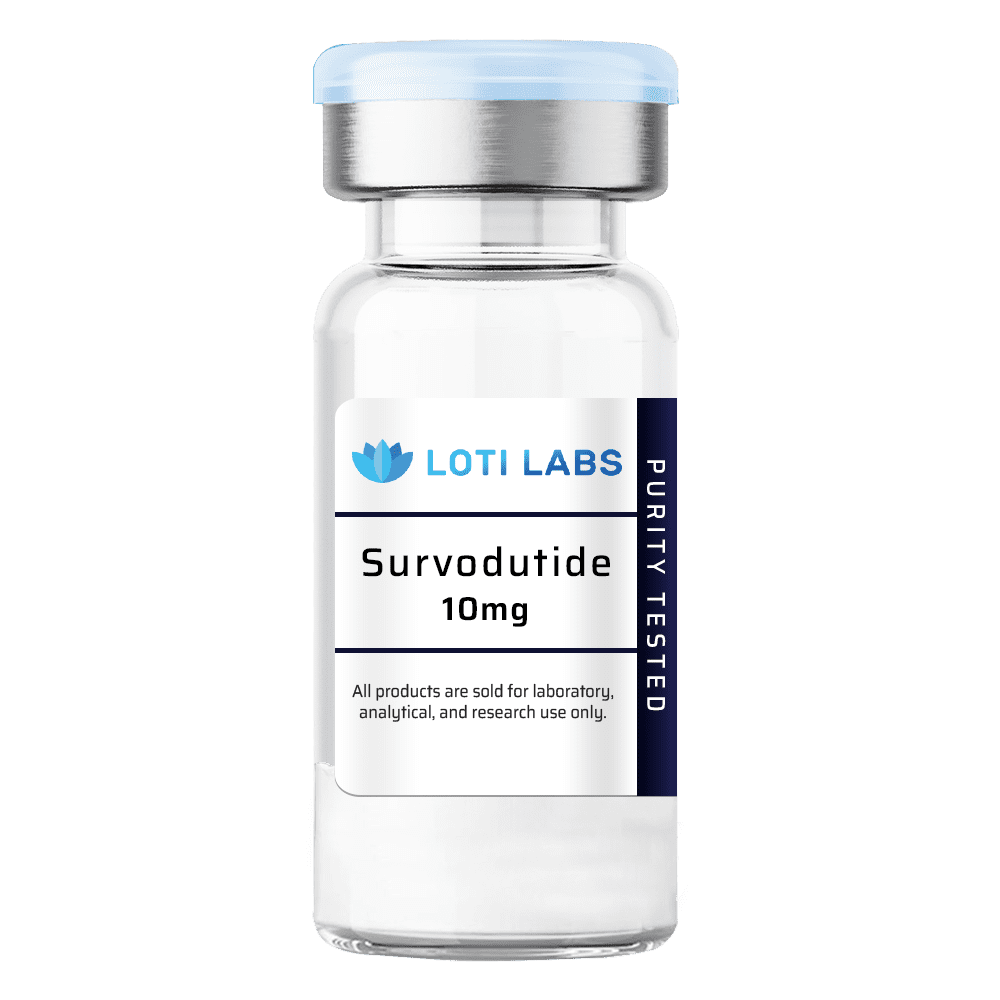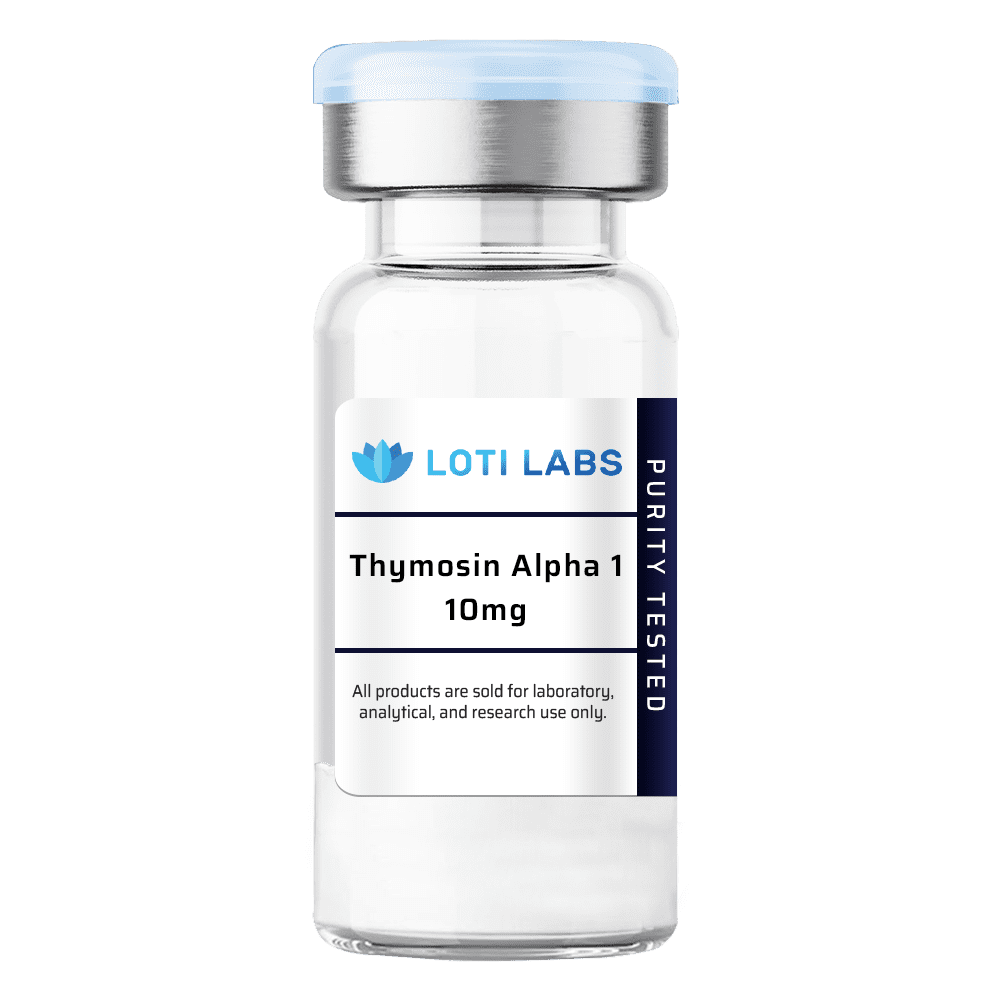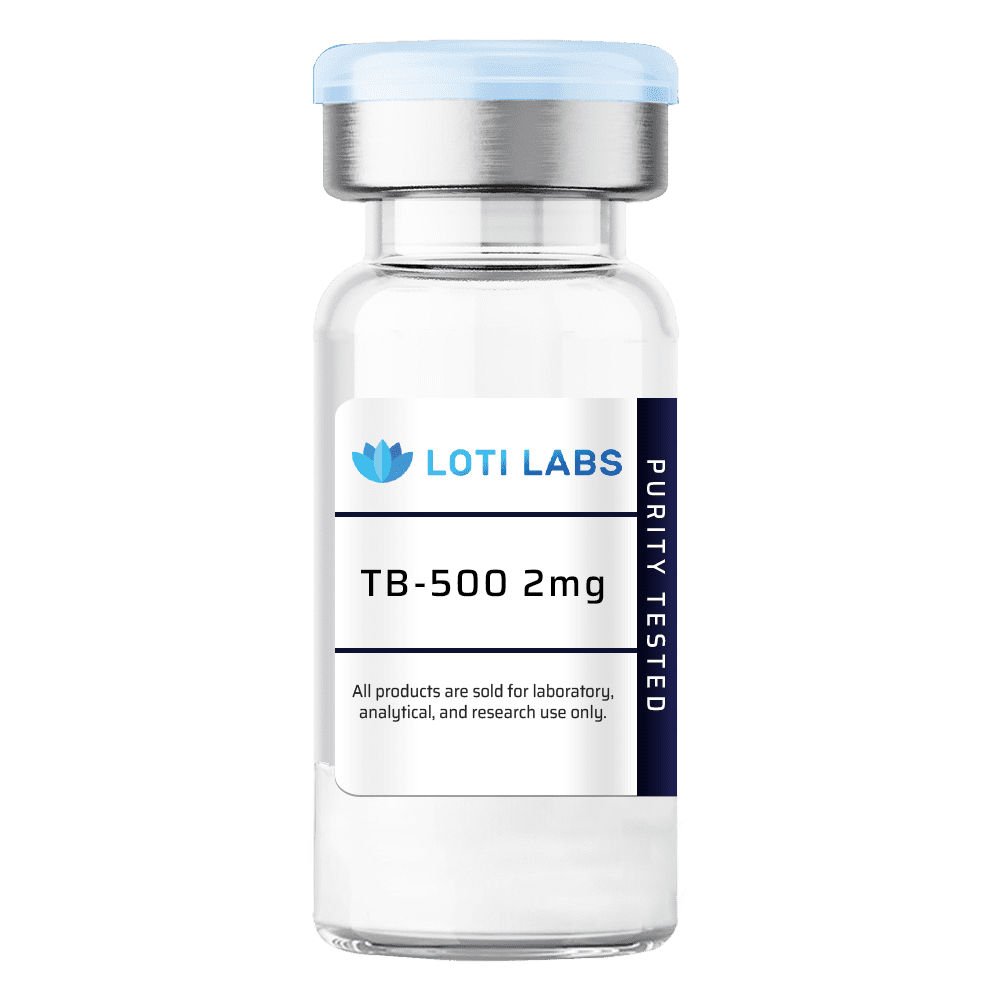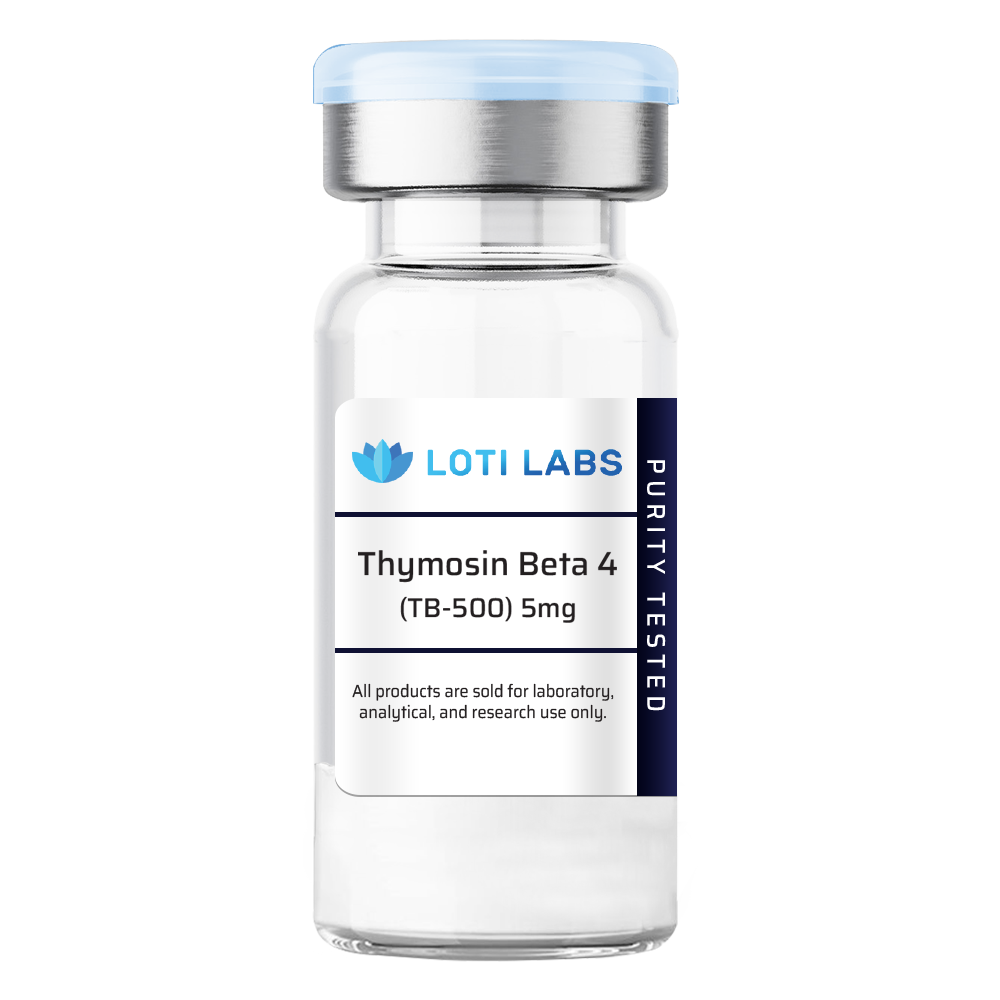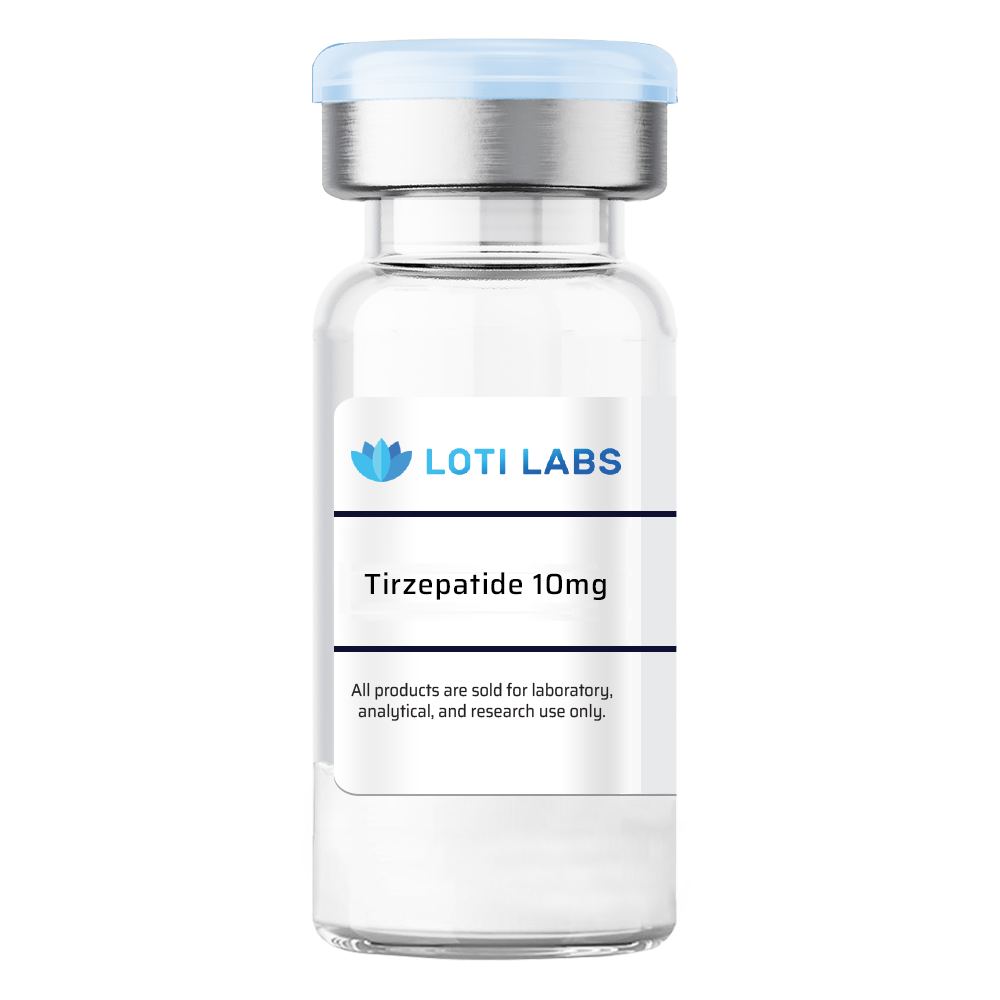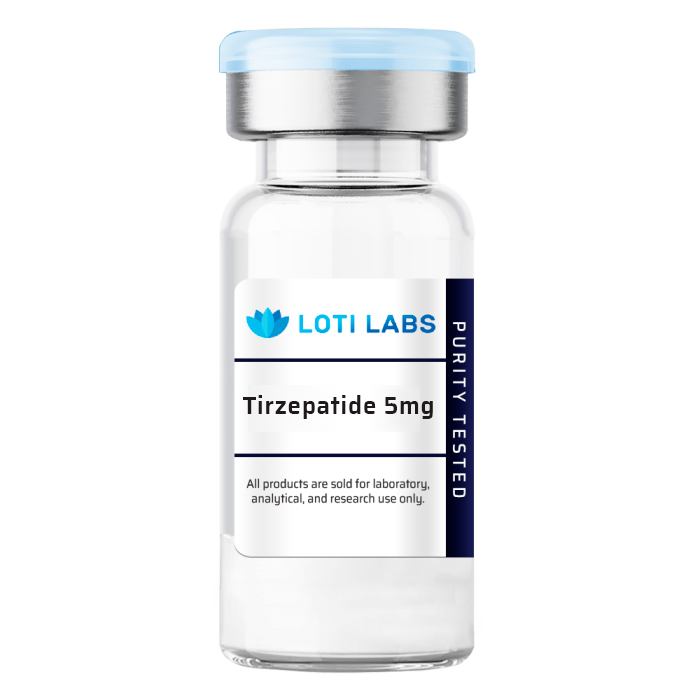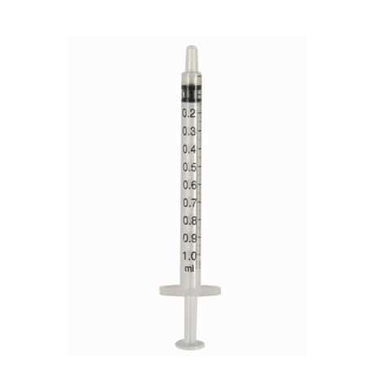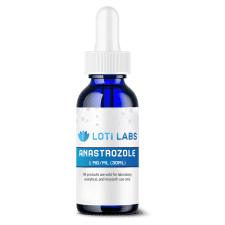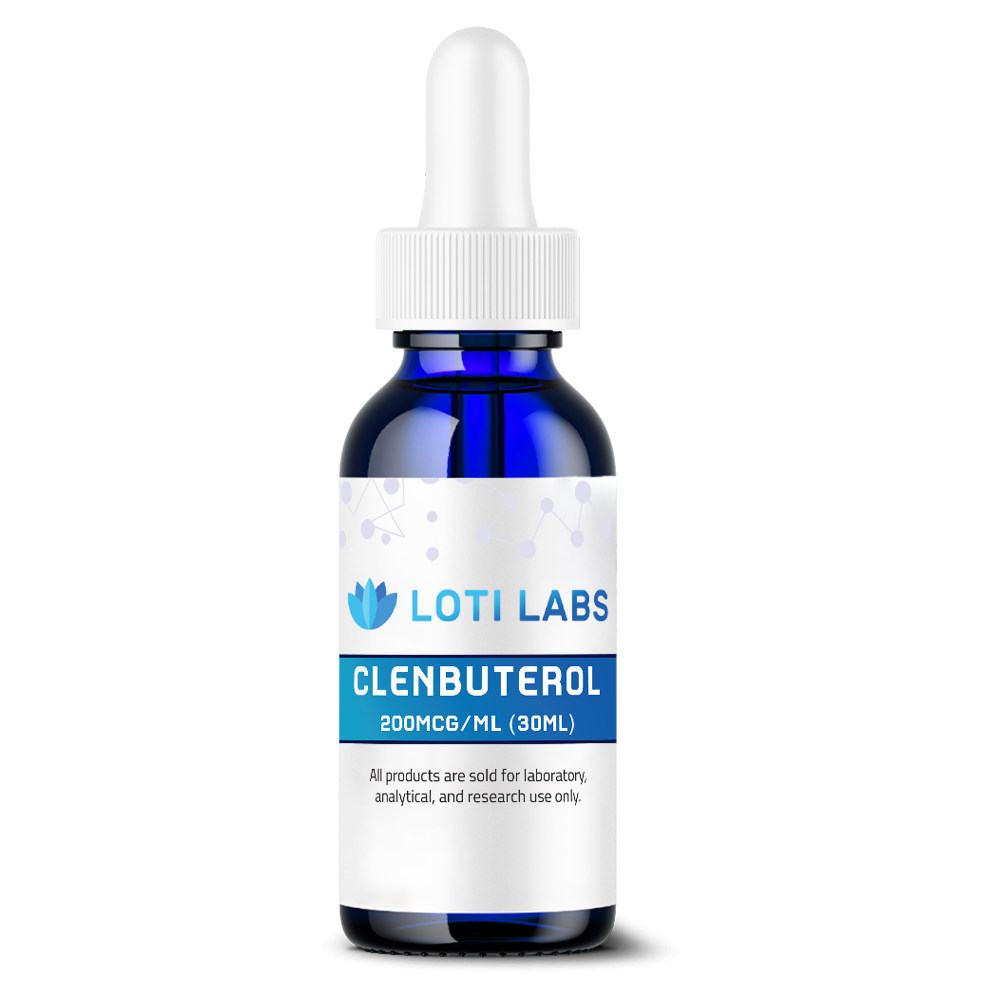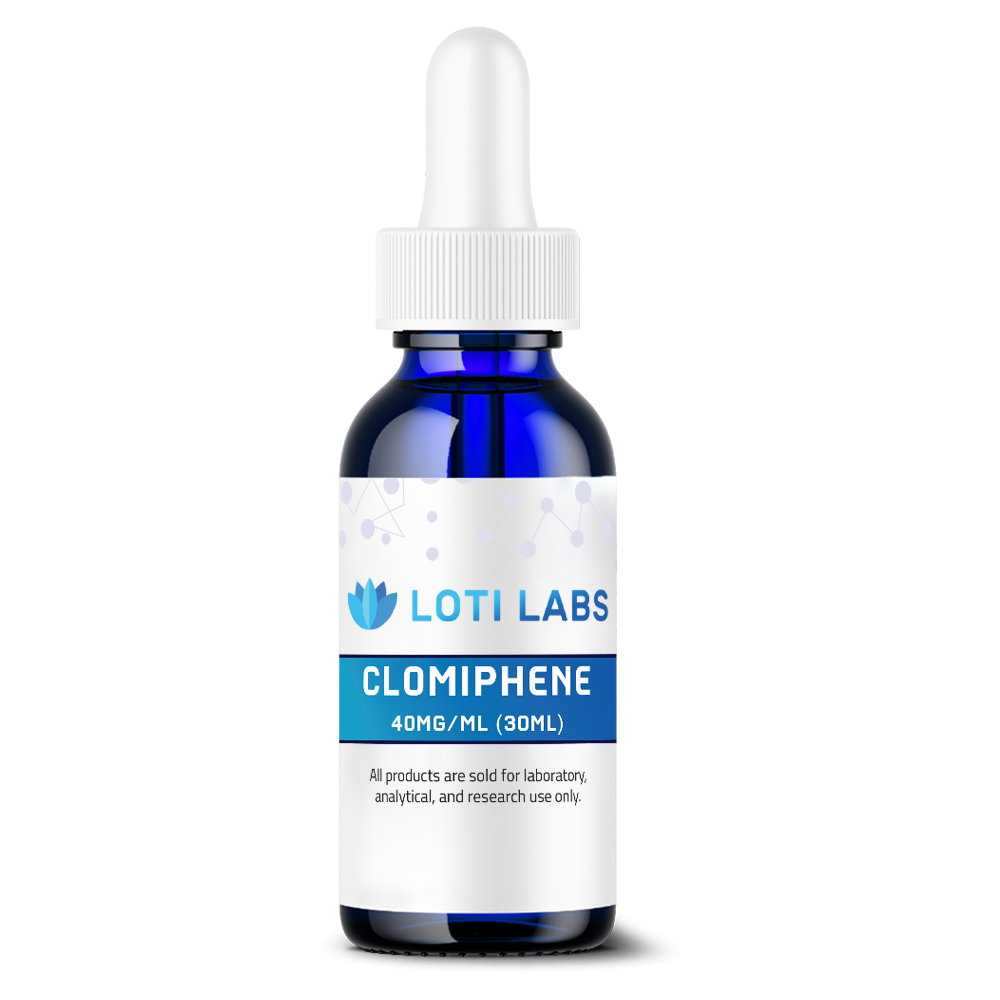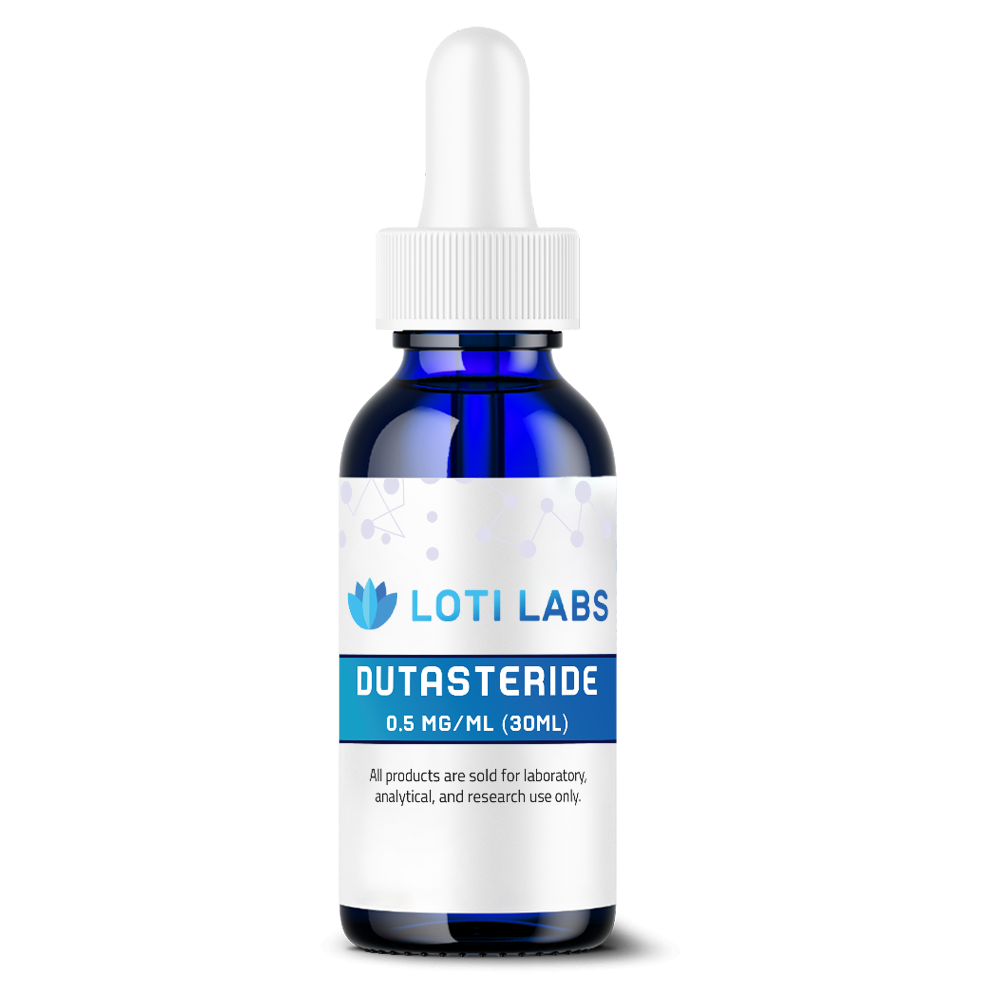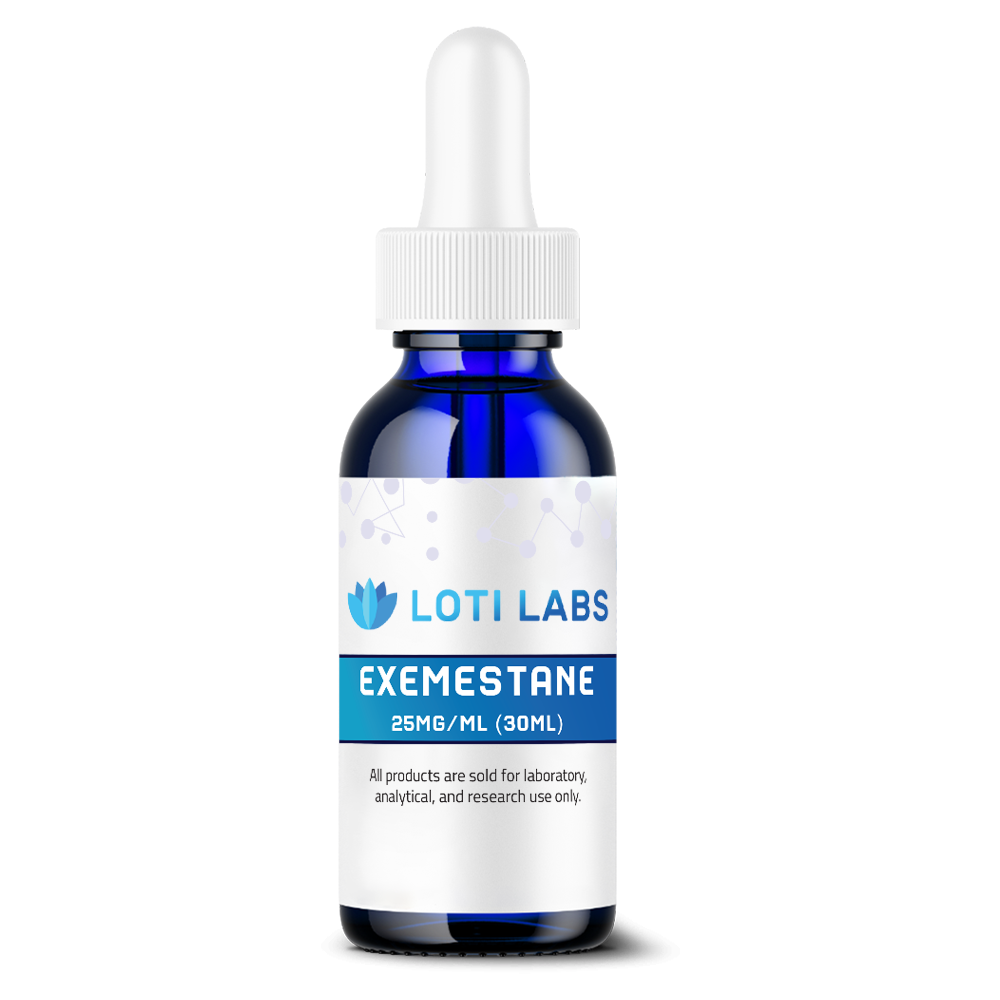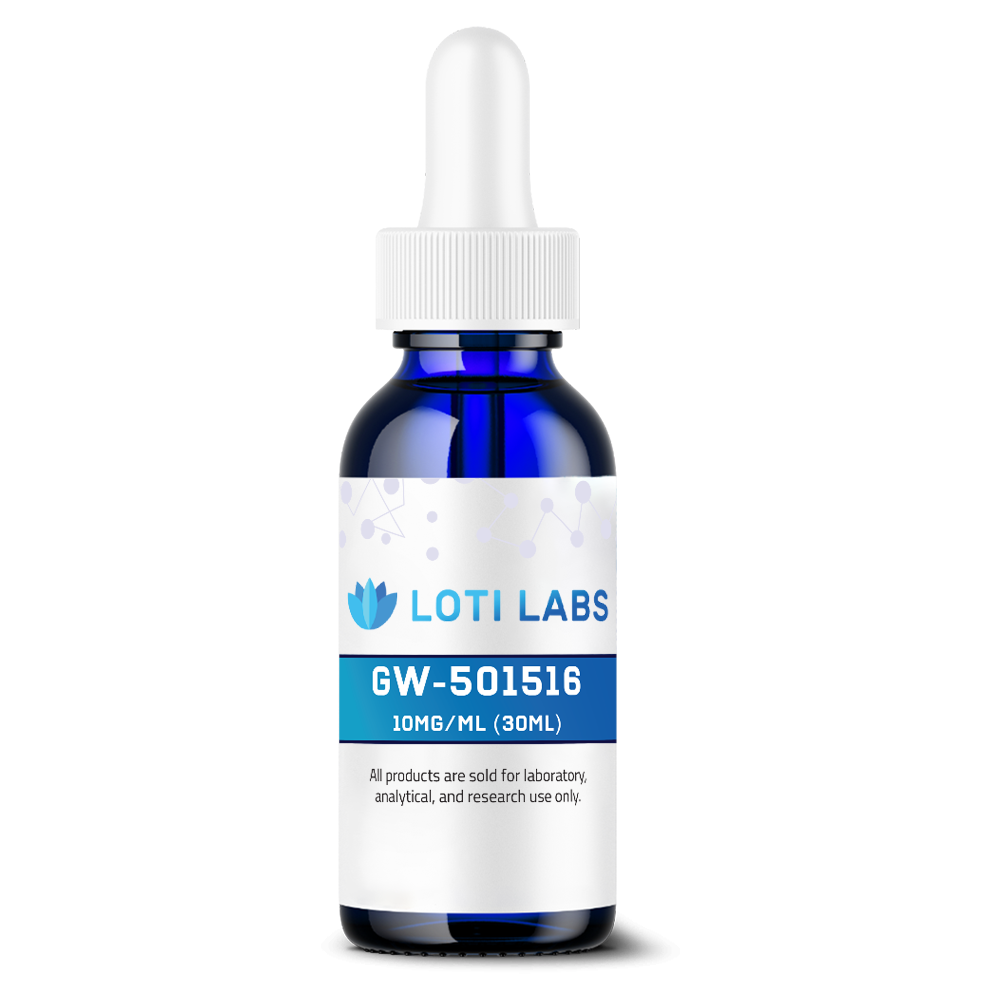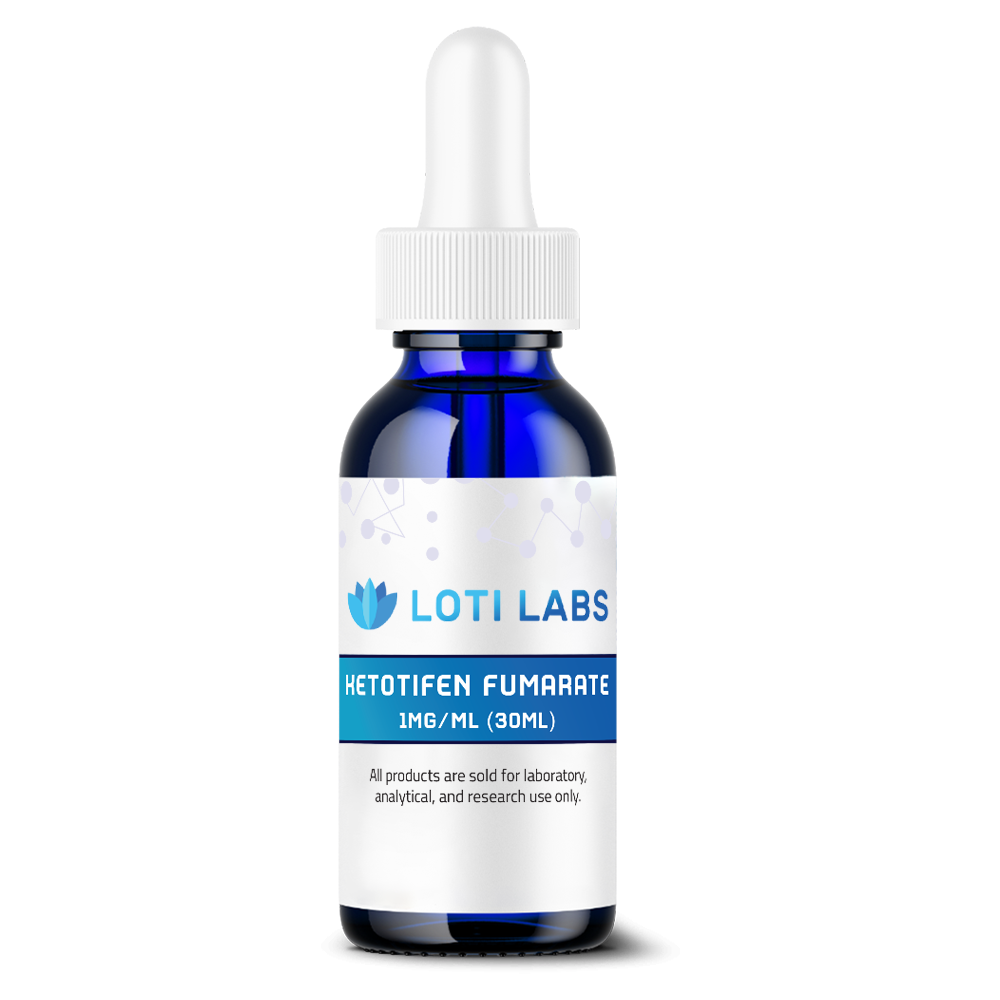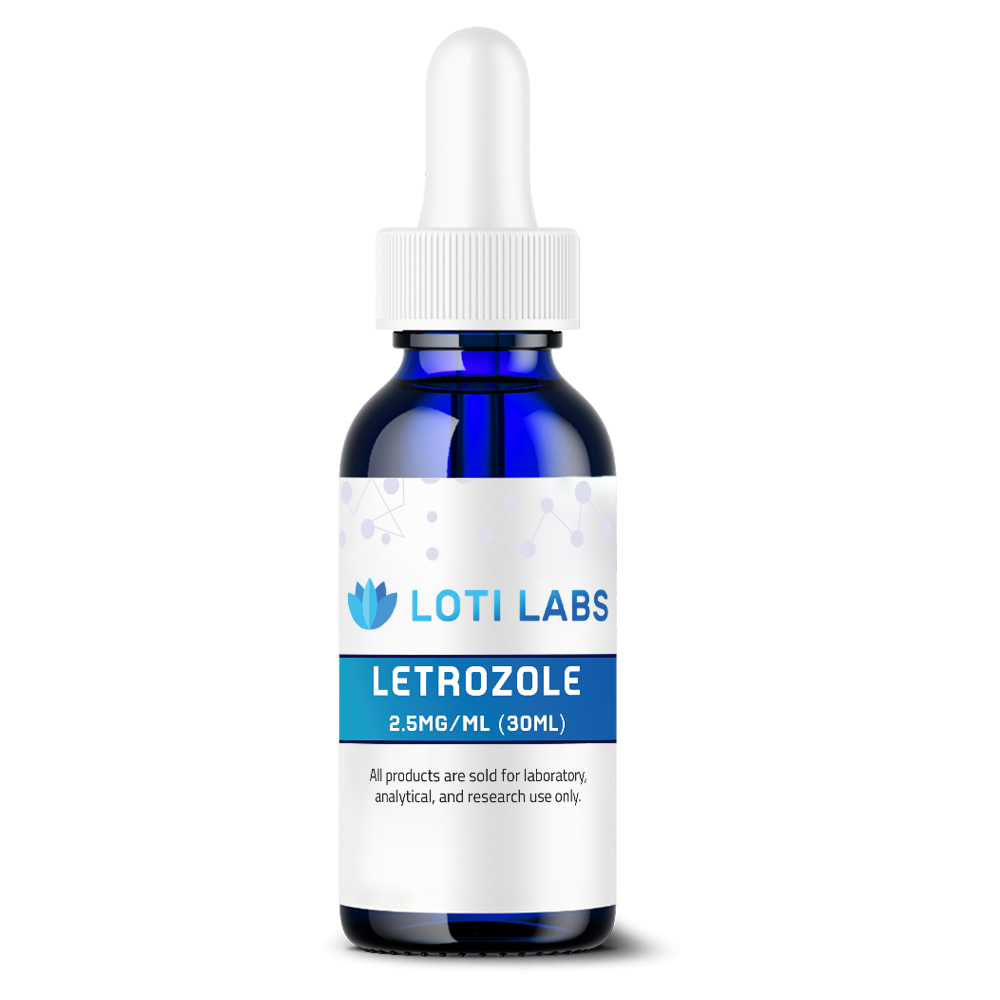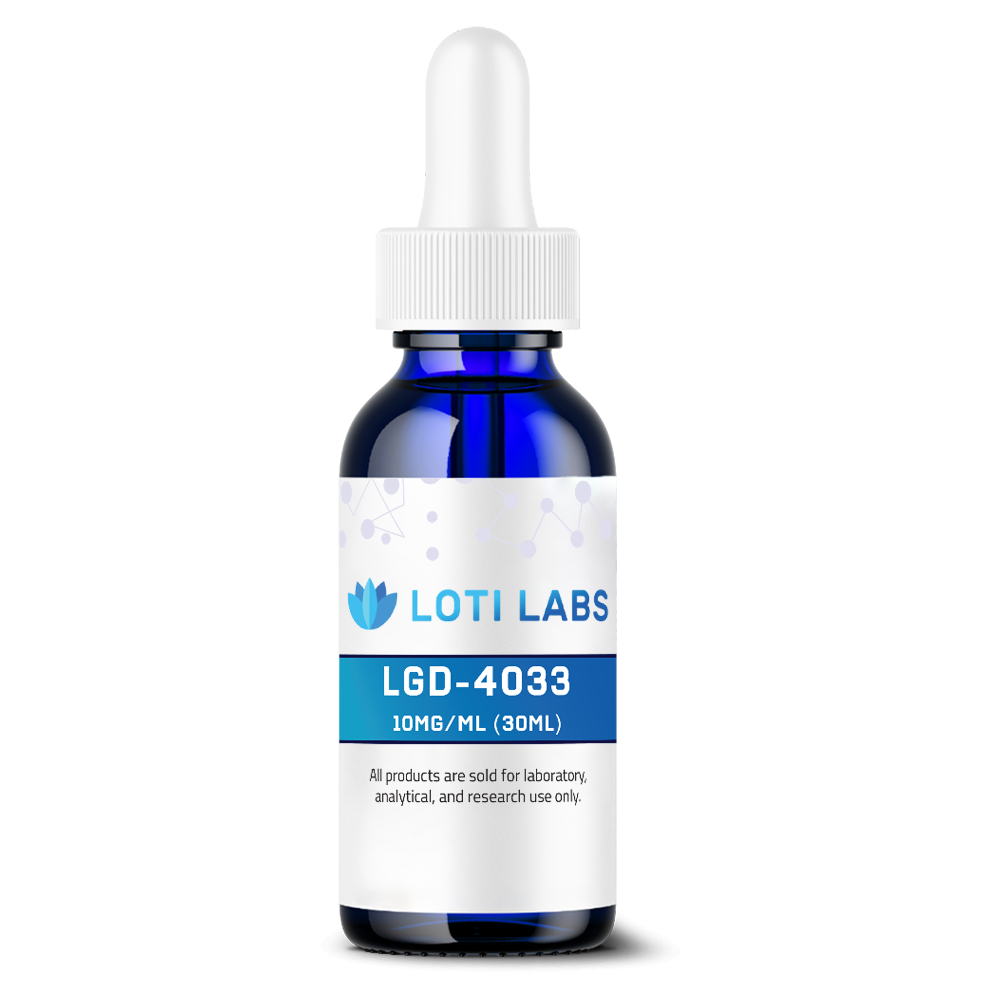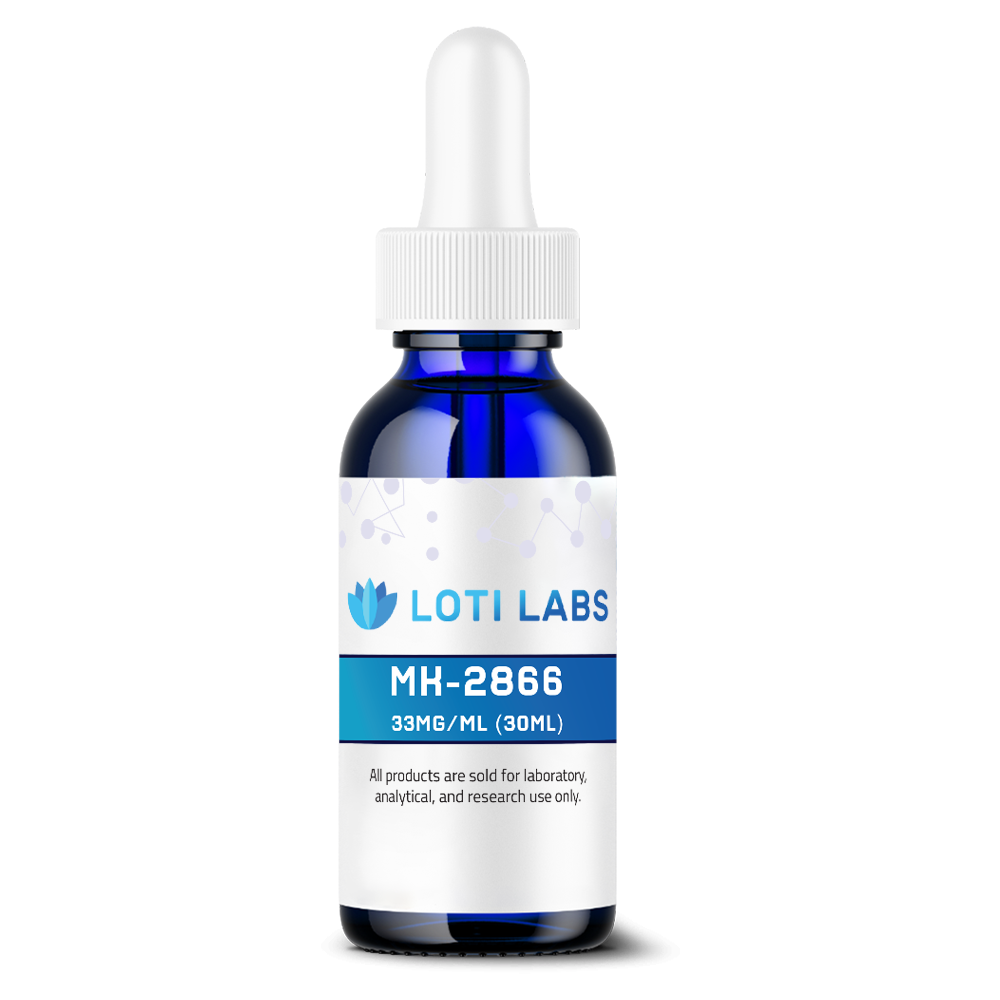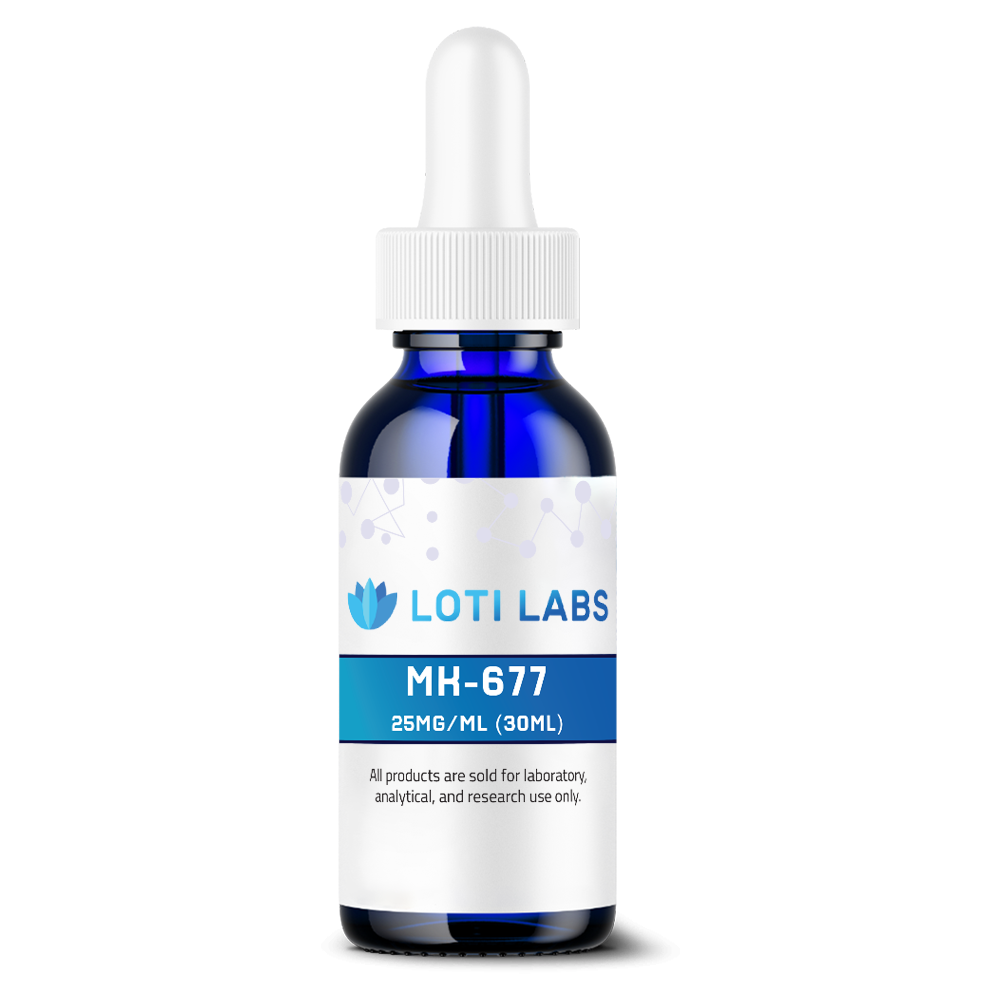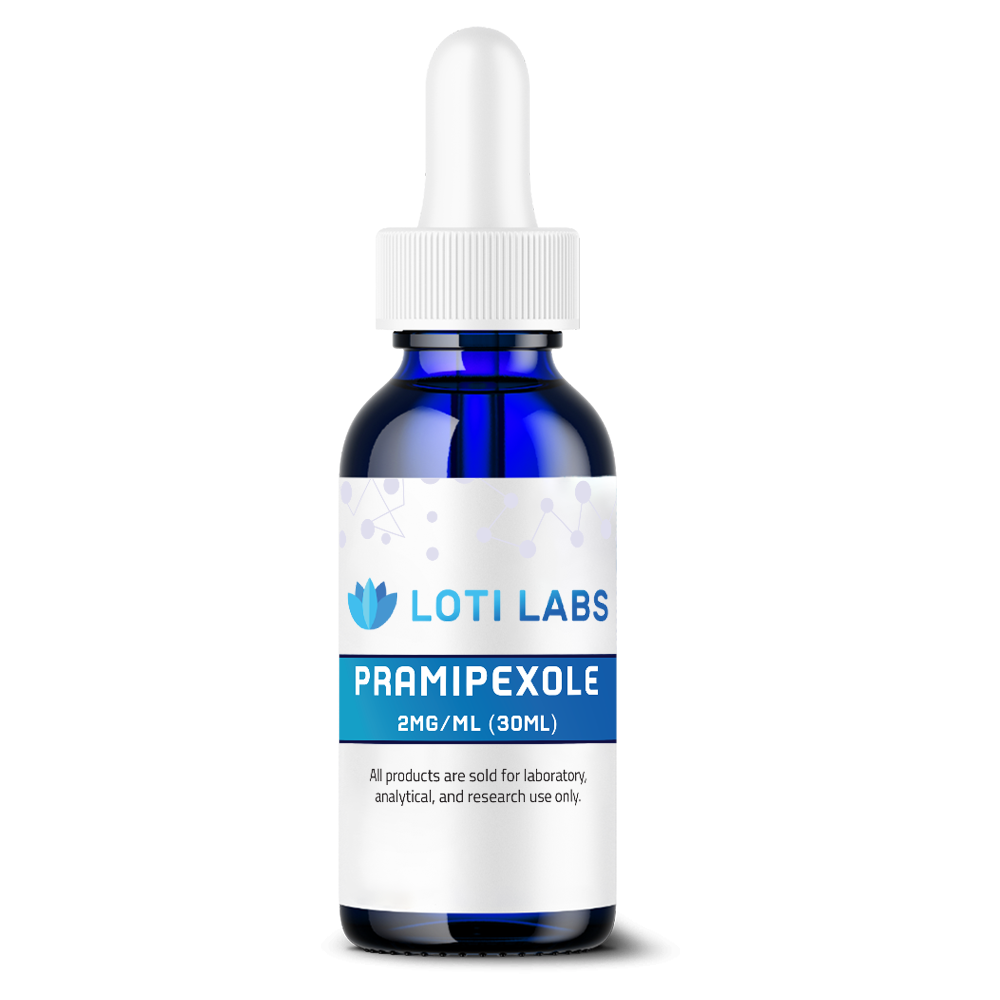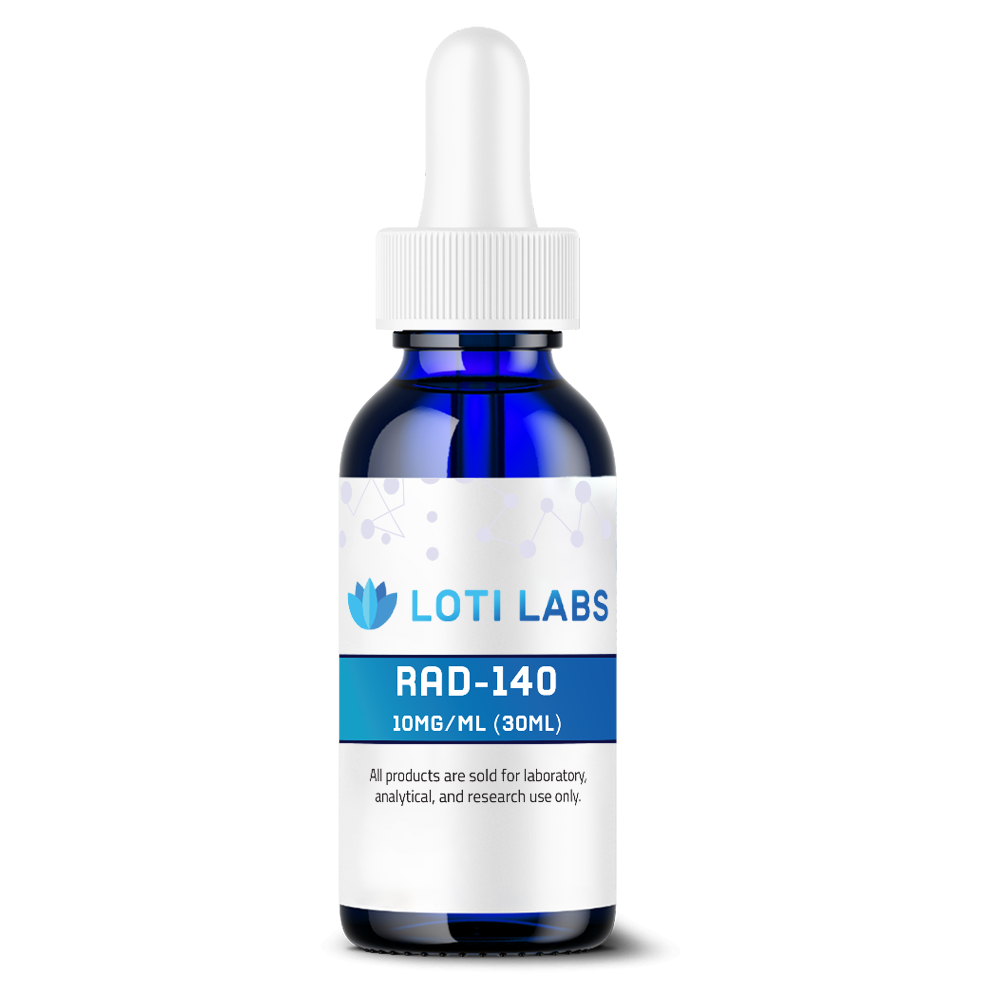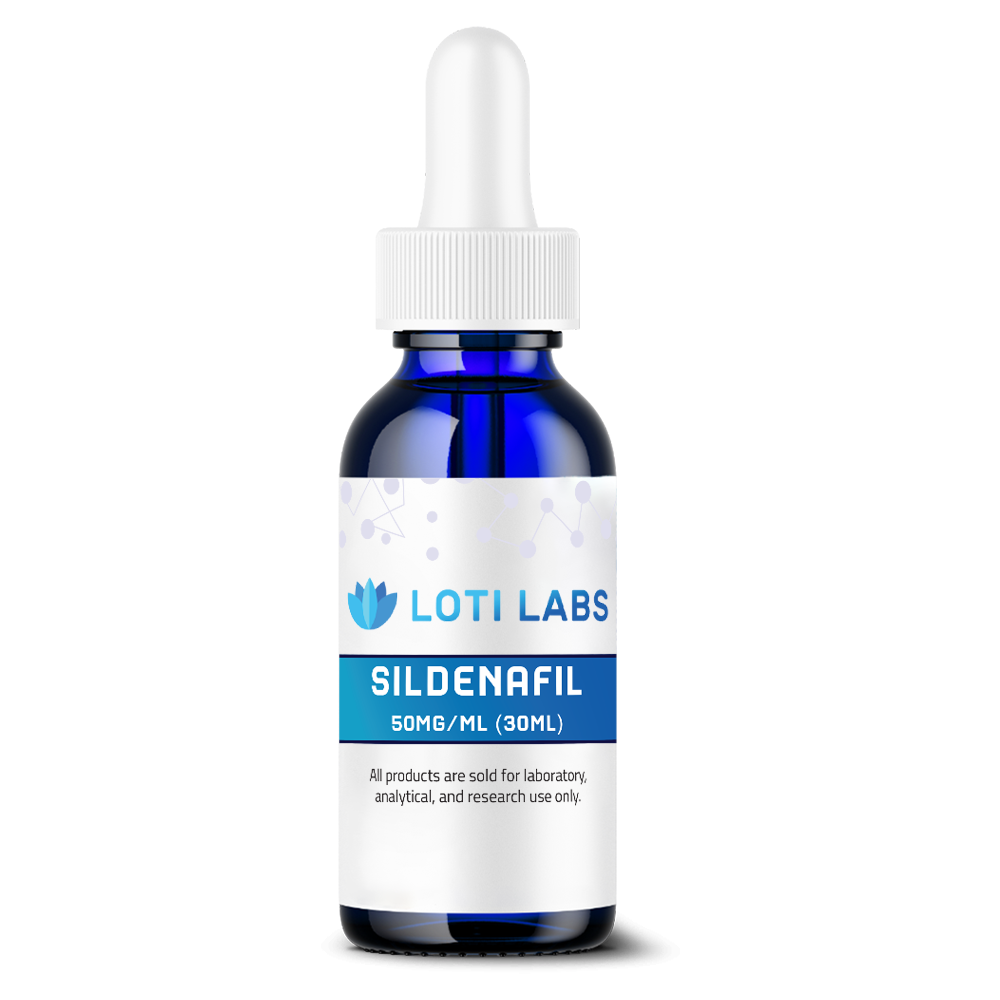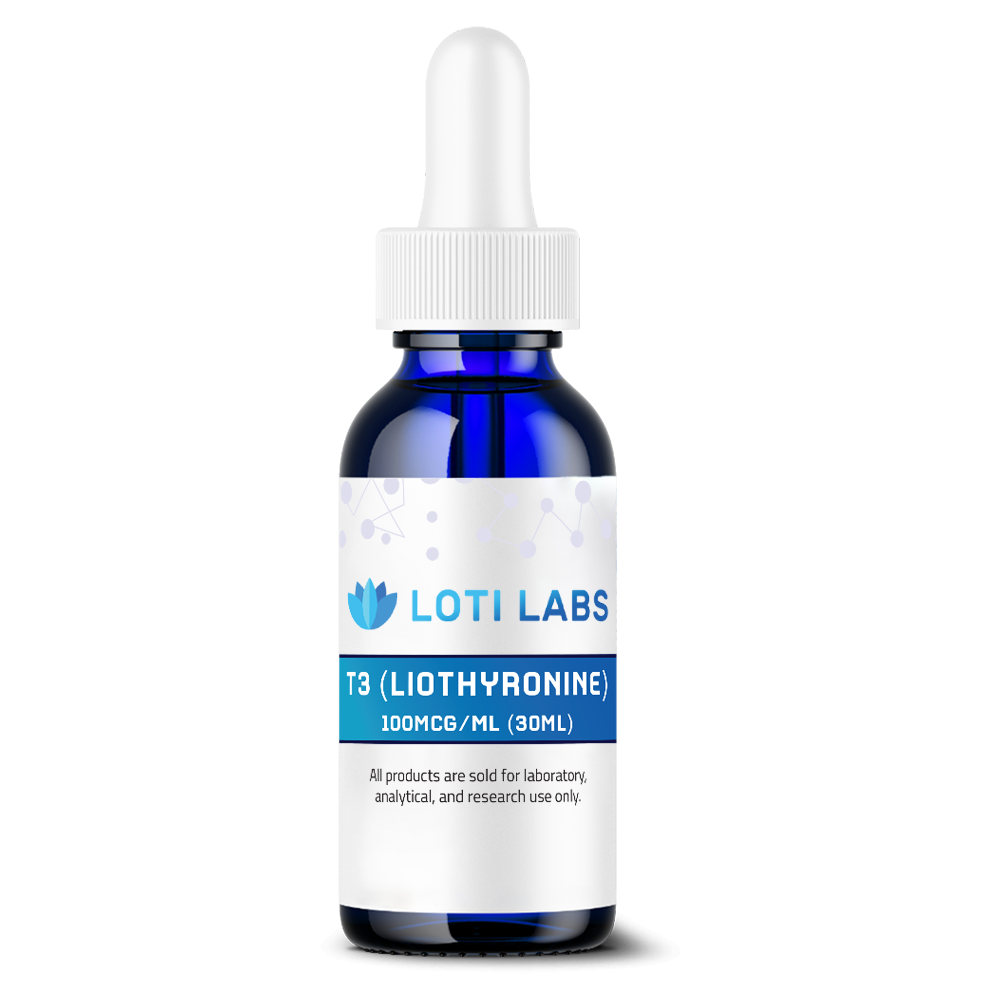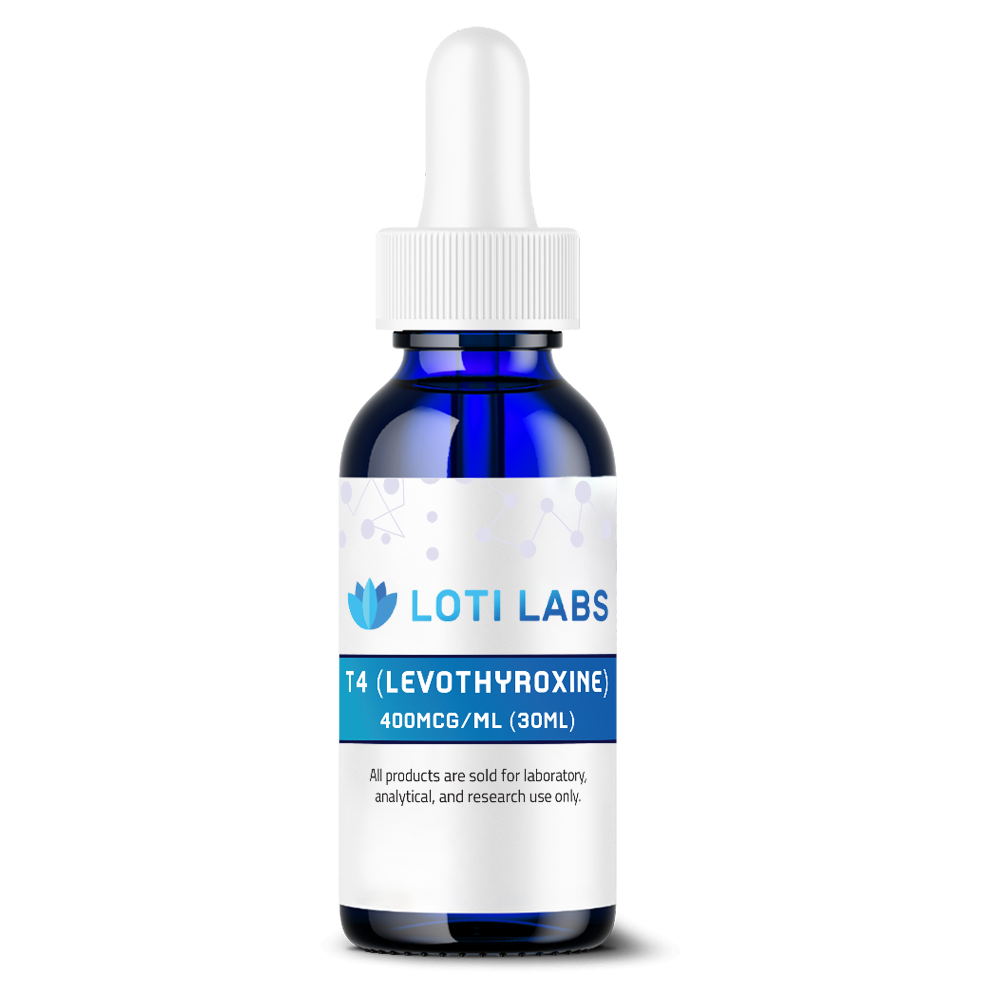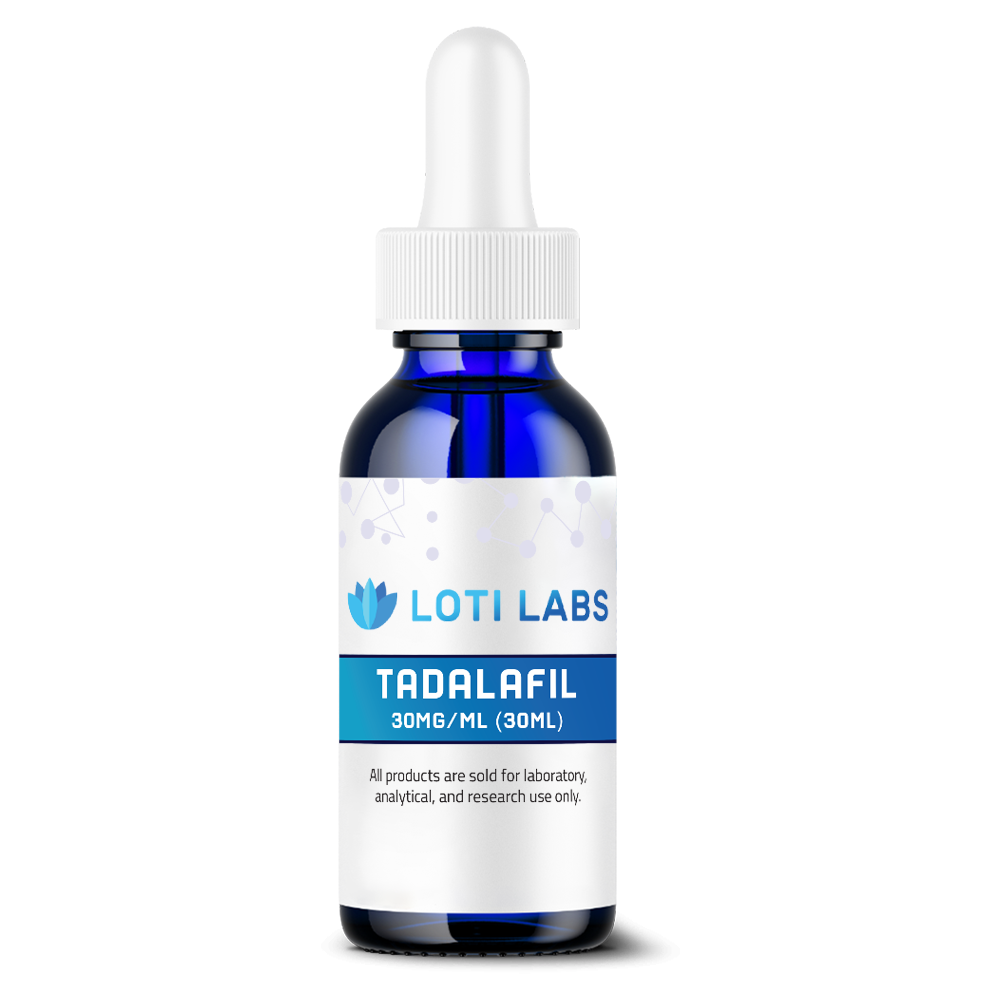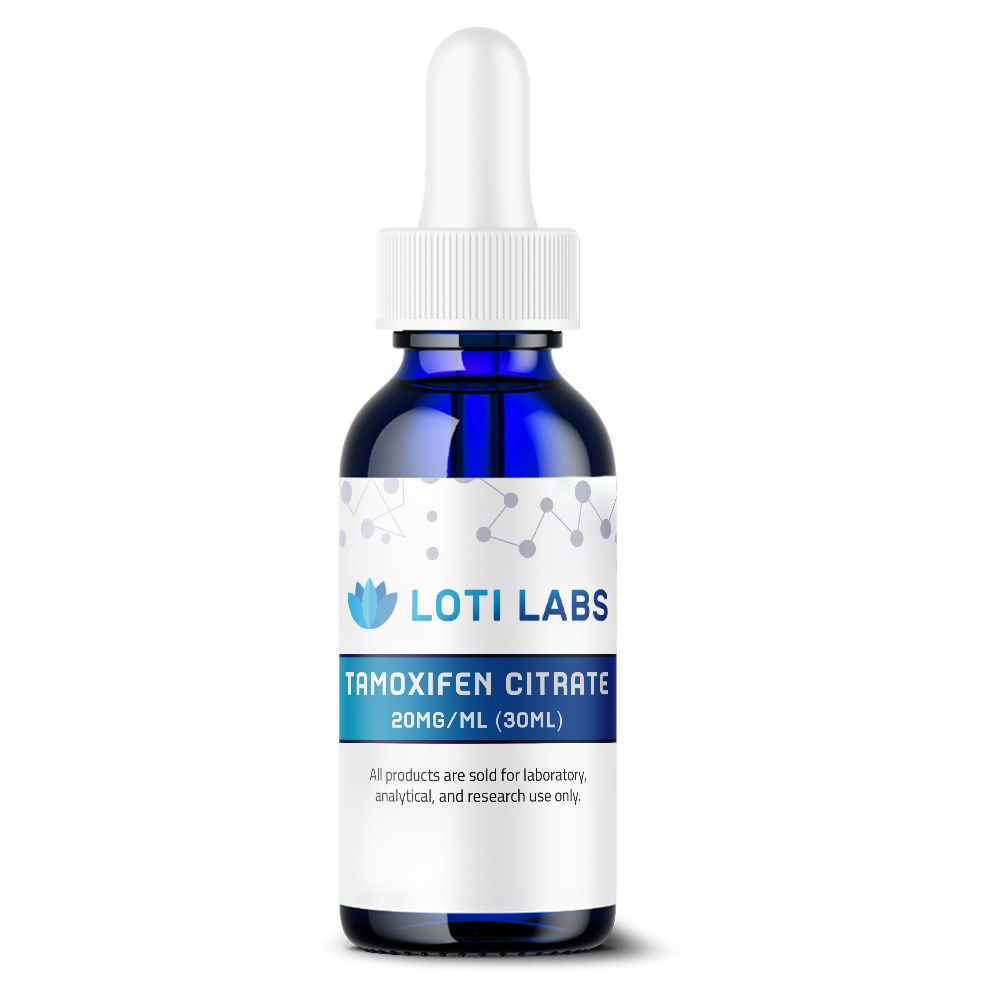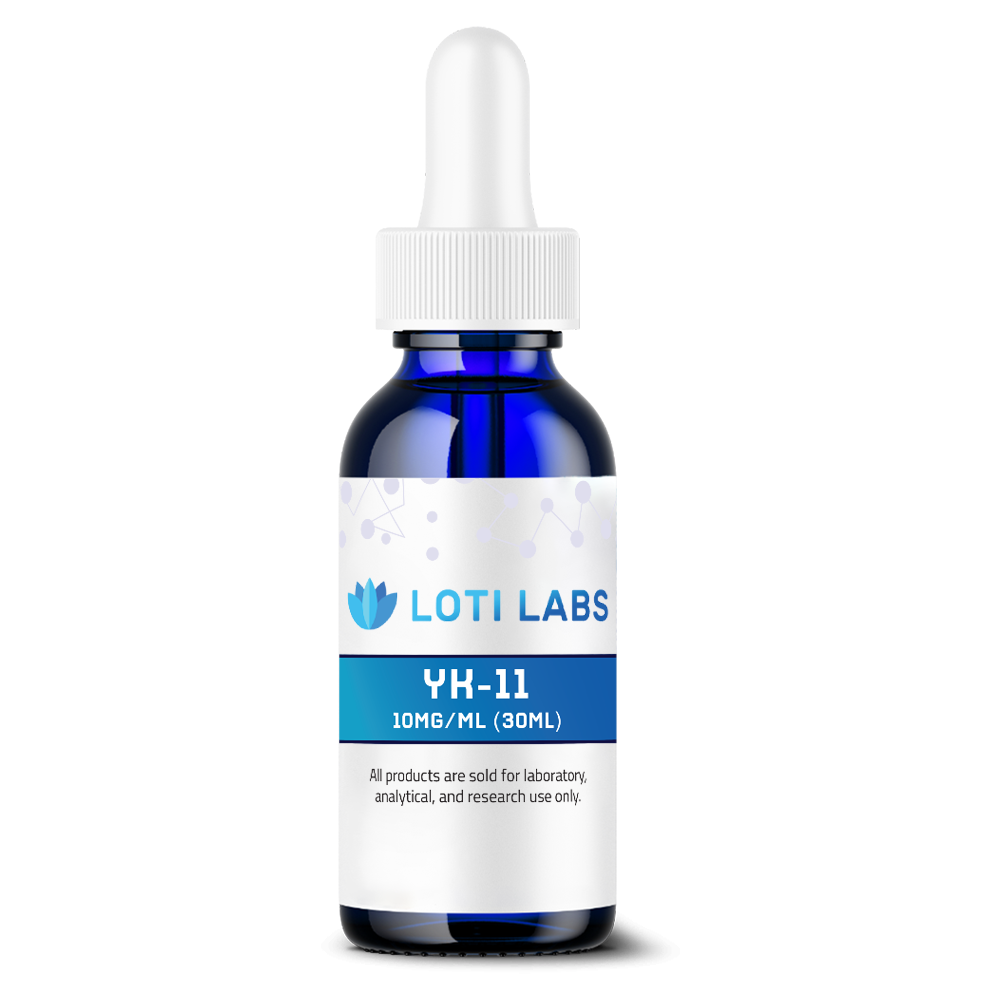-
×
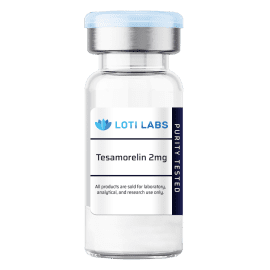 Tesamorelin 2mg
1 × $29.99
Tesamorelin 2mg
1 × $29.99
NEW
NAD+ 500mg
$99.99
You save
This product is intended as a research chemical only. This designation allows the use of this chemical strictly for in-vitro laboratory testing and experimentation. Human or veterinary use is strictly forbidden. This product is not a drug, food or cosmetic and may not be misbranded, mislabeled or misused as such.
Description


Buy NAD+ for Research: Purchase High-Quality Nicotinamide Adenine Dinucleotide
Research has shown nicotinamide adenine dinucleotide (NAD+) to be a fundamental coenzyme for many cellular processes in living cells. Scientists looking to buy NAD+ for research need to consider multiple factors including molecular specs, storage requirements and supplier quality standards. This guide covers the key things you need to know when buying NAD+ for research.
As research continues to explore NAD+ in cellular energy production, dna repair mechanisms and metabolic pathways the demand for research compounds has increased significantly. Understanding the molecular properties and handling procedures ensures optimal results in the lab while staying within research use only guidelines.
Molecular Structure of NAD+
Chemical Name: Nicotinamide Adenine Dinucleotide
Molecular Formula: C₂₁H₂₇N₇O₁₄P₂
Molecular Weight: 663.43 g/mol
PubChem CID: 5893
CAS #: 53-84-9
The molecular structure of NAD+ consists of two nucleotides joined via phosphate groups, one nucleotide with an adenine base and the other with nicotinamide. This coenzyme exists in two main forms: NAD+ (oxidized) and NADH (reduced) where the ‘+’ means the oxidized state required for redox reactions in cellular systems.
Research has shown that NAD stands for nicotinamide adenine dinucleotide, one of the most abundant and important coenzymes in human cells and other living organisms. The exact molecular structure allows it to be an electron carrier in many biological processes making it essential for researchers studying cellular metabolism and energy production pathways.
Mechanism of Action
NAD+ is a coenzyme in redox reactions, plays a key role in cellular metabolism and energy production processes. Research shows this compound is a substrate for several enzyme classes including sirtuins that regulate various cellular processes, PARPs involved in dna repair mechanisms and ADP-ribosyltransferases. These interactions make NAD+ one of the primary therapeutic targets for researchers studying cellular function and metabolic pathways.The aging process seems to be linked to NAD+ levels in cells, research shows declining levels may contribute to age related degenerative diseases and reduced cellular function. Animal models have shown that maintaining vital levels of this coenzyme can support healthy aging and overall cellular health in the lab.
Research has also looked at NAD+ in:
- Circadian rhythm regulation
- Gene expression control
- Stress resistance mechanisms
- Cellular level repair processes
- Cell metabolism optimization
Research Studies
Current research is exploring NAD+ supplementation across multiple therapeutic targets and cellular processes. Animal models show that increasing NAD+ levels can support healthy aging and cellular health parameters in the lab.
Preclinical studies have looked at different forms of NAD+ delivery including sublingual tablets, nasal spray formulations and nad injection protocols. Research suggests these different supplements may affect energy and cognitive function through different metabolic pathways, but human applications need further investigation.
| Research Area | Animal Model Findings | Potential Applications |
|---|---|---|
| Metabolic Function | Improved glucose regulation | Type 2 diabetes research |
| Neuroprotection | Enhanced stress resistance | Cognitive decline studies |
| Cardiovascular Health | Improved cardiac resilience | Heart health investigations |
| DNA Repair | Enhanced PARP activation | Cancer cells research |
Studies on nicotinamide riboside and nicotinamide mononucleotide as NAD+ precursors have shown promising results in boosting cellular NAD+ levels. Research suggests these compounds may be beneficial for cognitive health and mental clarity but optimal dosing protocols need to be determined.
Recent research has also looked at nad iv therapy and nad therapy protocols in the lab. These studies examine how different delivery methods affect cellular uptake and metabolism providing valuable information for researchers developing supplementation protocols.
Storage and Safety
Proper storage is crucial when you buy NAD+ for research. The compound should be stored in cool, dry conditions away from direct sunlight to preserve molecular stability. Research grade NAD+ usually comes as lyophilized powder and needs to be stored at 2-8°C for short term use and -20°C for long term preservation.
Lab handling requires strict adherence to safety protocols including:
- Airtight container storage
- Moisture protection measures
- Temperature monitoring systems
- Personal protective equipment use
- Proper ventilation in work areasResearch chemicals need to be handled with care to avoid digestive upset or other adverse reactions in the lab. Scientists must follow established protocols for research use only compounds and comply with federal and state regulations for lab chemical usage.
Storage also applies to prepared solutions which may have different handling protocols than powder forms. Many forms of NAD+ have different stability profiles and need to be stored according to formulation and research application.
Why Buy from Loti Labs
Loti Labs stands out with comprehensive quality control measures designed for researchers who buy NAD+ for research. Every batch is tested by third party using High Performance Liquid Chromatography (HPLC) to verify purity and molecular composition so researchers get contamination free materials for their research.
Third Party Testing of Every Batch
Quality control is a major concern for researchers studying cellular processes and metabolic pathways. Loti Labs addresses this by testing every production batch in an independent lab, providing researchers with detailed analytical data to support their experimental protocols. This testing ensures consistent results across research studies and reproducible scientific outcomes.
Shipping Policy of Loti Labs
Loti Labs ships same day for orders placed before 1pm EST Monday through Friday. Orders placed after 1pm EST or weekends will be shipped the next business day. This timely shipping schedule supports research timelines and ensures investigators get their compounds when they need them for time sensitive experiments.
The shipping includes:
- Temperature controlled packaging for compound stability
- Tracking information for order monitoring
- Secure packaging to prevent contamination
- Documentation supporting research use only guidelines
Satisfaction Guarantee
Loti Labs offers 30 day satisfaction guarantee on all products. Simply return any unopened products to us for full refund of the purchase price of the unused products. This policy gives researchers confidence in their purchases and budget management for research institutions.
Additional benefits include subscription discounts for regular orders and free shipping for qualifying purchases so labs doing ongoing research on aging, cellular health and metabolic processes can save more.
Products from Loti Labs are for Research Use Only
All products sold by Loti Labs are research chemical only. This designation allows the use of this chemical for in-vitro laboratory testing and experimentation only. Human or veterinary use is strictly forbidden. This product is not a substance for therapeutic use and may not be misbranded, mislabeled or misused as such.Researchers must understand that NAD+ from Loti Labs are formulated for laboratory research into cellular mechanisms, aging processes and metabolic pathways. These research chemicals support scientific studies on how NAD+ affects various cellular processes but not for human consumption or therapeutic use.
The research use only designation ensures compliance with regulations and supports legitimate research. Qualified researchers including those in academic institutions, pharmaceutical companies and biotechnology firms use these compounds to advance understanding of cellular function and potential therapeutic targets.
Healthcare professional oversight and institutional approval may be required for certain research protocols involving NAD+ compounds. Researchers should consult with their IRB and compliance department to ensure proper authorization for their research.
Studies on aging process, cellular energy production and dna repair mechanisms need high quality research compounds. When scientists buy NAD+ from reputable suppliers like Loti Labs, they get materials to support rigorous research while complying with research regulations.
The research community is investigating how NAD+ supplementation can support healthy aging and cellular health. These studies require pure, well characterized compounds to get reliable results and support development of future therapeutic approaches for age related degenerative diseases.
For researchers ready to buy NAD+ for their research, Loti Labs provides quality assurance, regulatory compliance and customer support for successful research outcomes. Contact our research team for technical specs, bulk pricing and storage protocols for your research applications.
References
- Braidy N, Berg J, Clement J, Khorshidi F, Poljak A, Jayasena T, Grant R, Sachdev P. Role of Nicotinamide Adenine Dinucleotide and Related Precursors as Therapeutic Targets for Age-Related Degenerative Diseases: Rationale, Biochemistry, Pharmacokinetics, and Outcomes. Antioxid Redox Signal. 2019 Jan 10;30(2):251-294.
- Covarrubias AJ, Perrone R, Grozio A, Verdin E. NAD+ metabolism and its roles in cellular processes during ageing. Nat Rev Mol Cell Biol. 2021 Feb;22(2):119-141.
- Conlon NJ. The Role of NAD+ in Regenerative Medicine. Plast Reconstr Surg. 2022 Oct 1;150(4 Suppl):41S-48S.
- Mills KF, Yoshida S, Stein LR, Grozio A, Kubota S, Sasaki Y, Redpath P, Migaud ME, Apte RS, Uchida K, Yoshino J. Long-term administration of nicotinamide mononucleotide mitigates age-associated physiological decline in mice. Cell Metab. 2016 Dec 13;24(6):795-806.
- San-Millán I. The Key Role of Mitochondrial Function in Health and Disease. Antioxidants (Basel). 2023 Apr 18;12(4):782.
- Campbell JM. Supplementation with NAD+ and Its Precursors to Prevent Cognitive Decline across Disease Contexts. Nutrients. 2022 Aug 7;14(15):3231.
- Braidy N, Villalva MD, van Eeden S. Sobriety and Satiety: Is NAD+ the Answer?. Antioxidants (Basel). 2020 May 14;9(5):425.
- Dellinger RW, Santos SR, Morris M, Evans M, Alminana D, Guarente L, Marcotulli E. Repeat dose NRPT (nicotinamide riboside and pterostilbene) increases NAD+ levels in humans safely and sustainably: A randomized, double-blind, placebo-controlled study. Npj Aging Mech Dis. 2017 Nov 30;3:17.
- Yoshino J, Baur JA, Imai S. NAD+ Intermediates: The Biology and Therapeutic Potential of NMN and NR. Cell Metab. 2018 Mar 6;27(3):513-528.
- Grozio A, Mills KF, Yoshino J, Bruzzone S, Sociali G, Tokizane K, Lei HC, Cunningham R, Sasaki Y, Migaud ME. Slc12a8 is a nicotinamide mononucleotide transporter. Nature Metabolism. 2019;1(1):47-57.
Additional information
| Weight | .06250 lbs |
|---|
